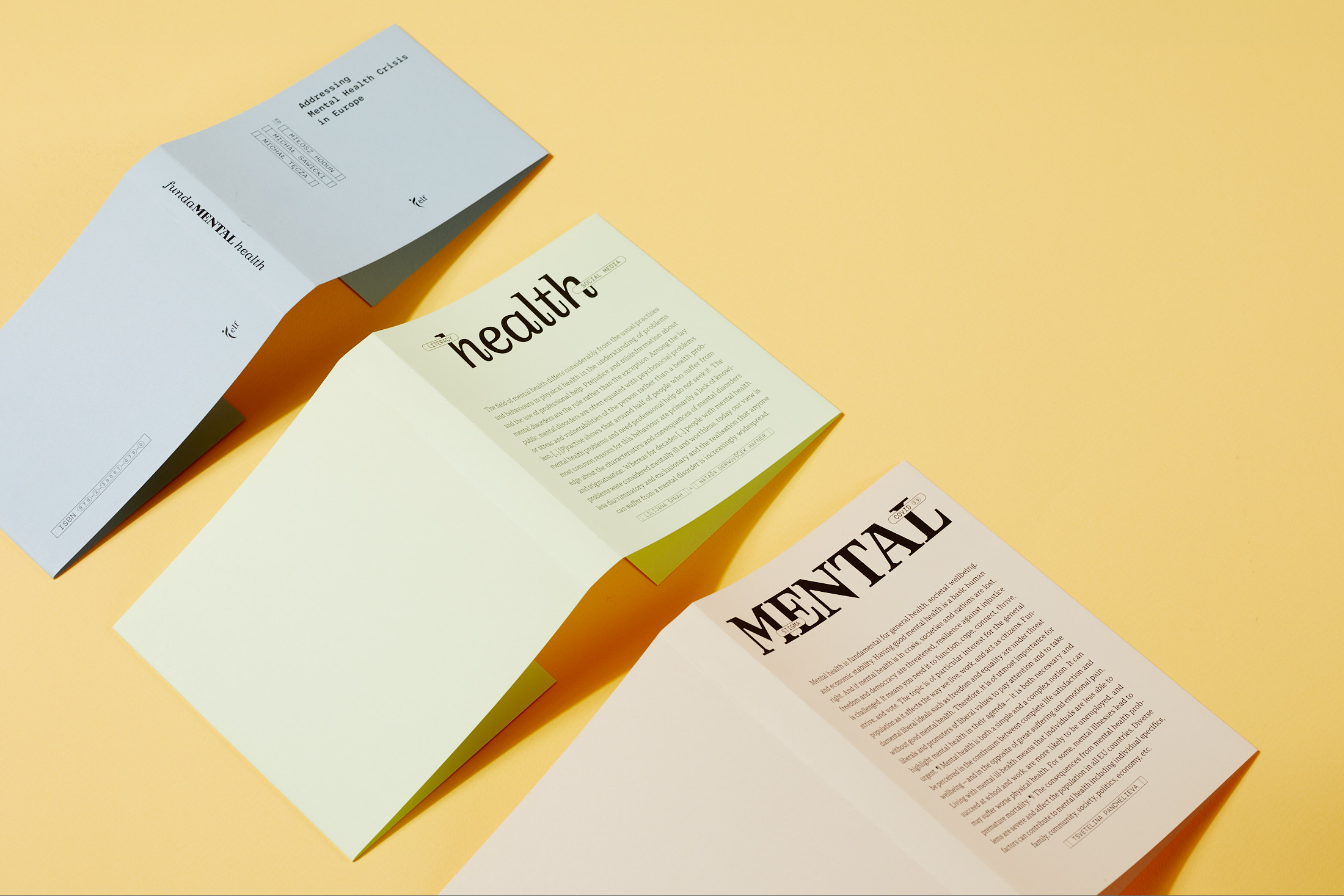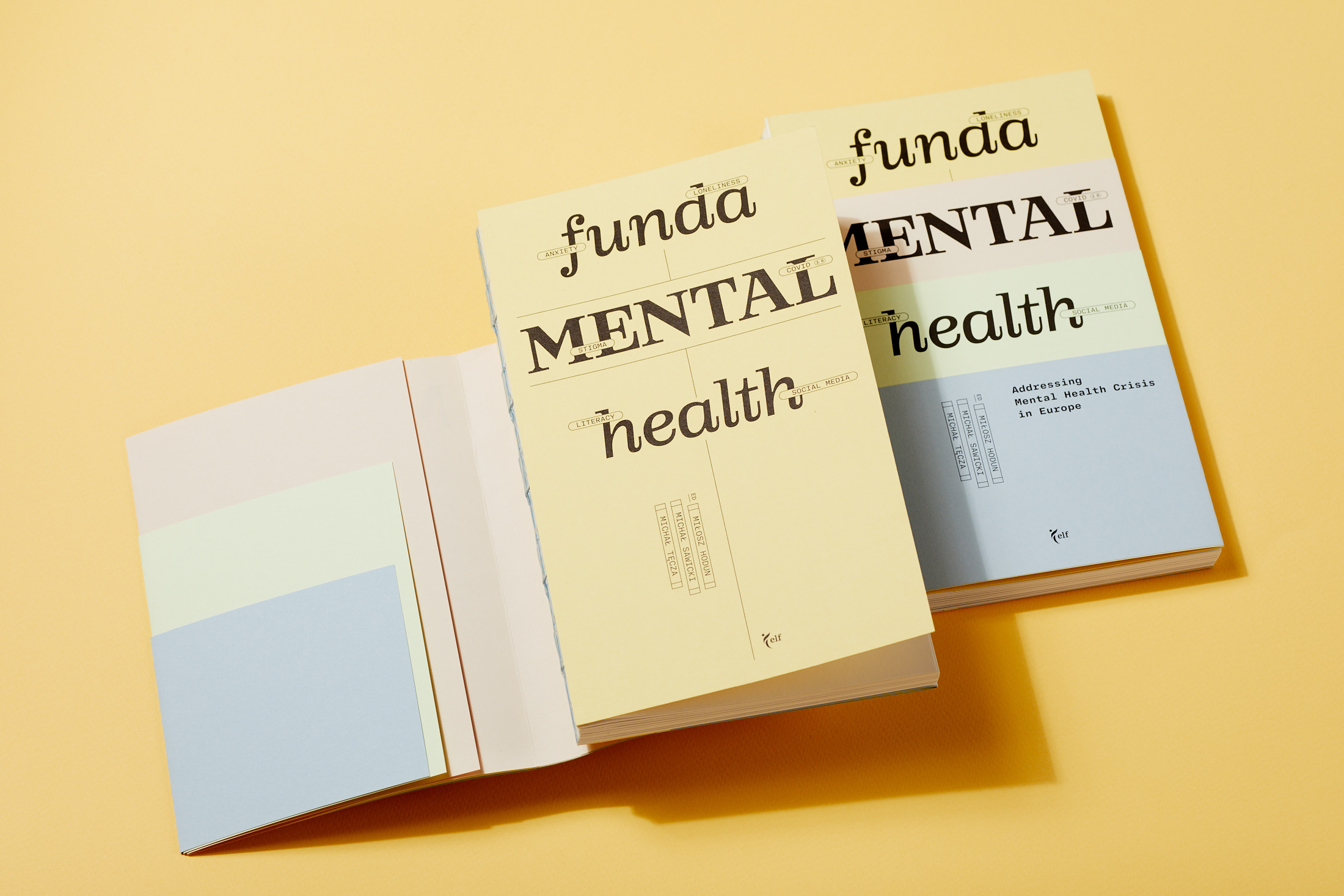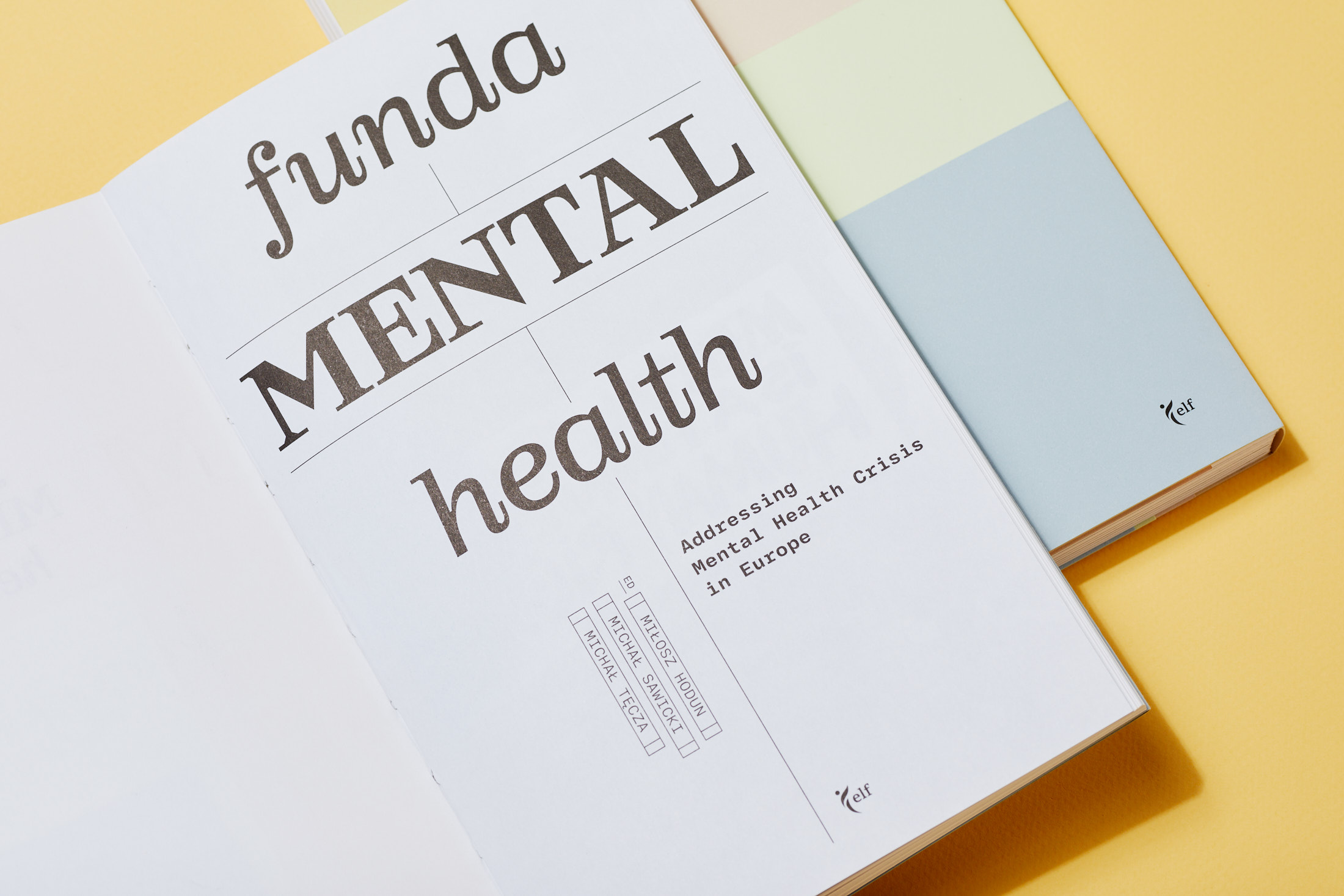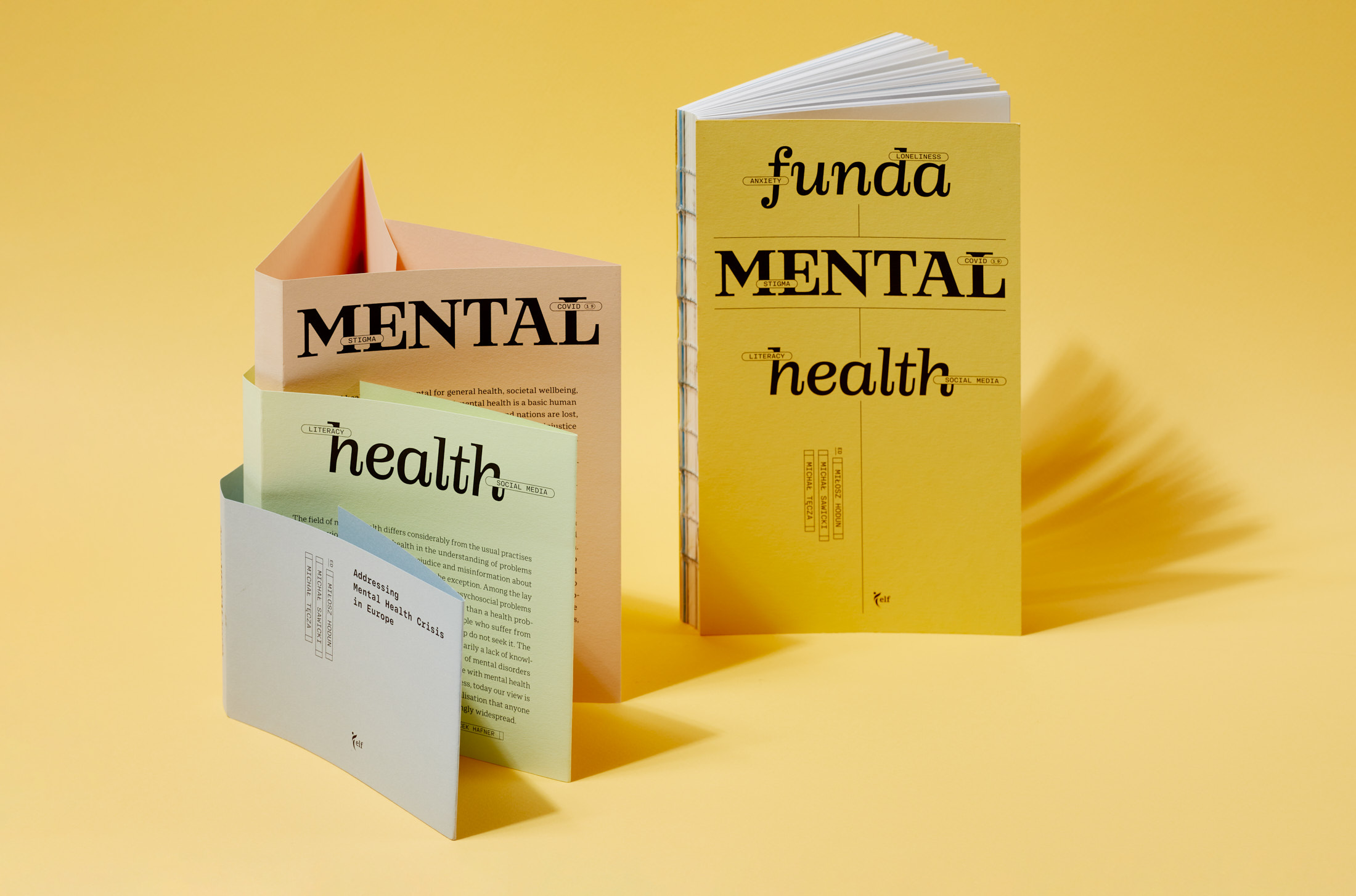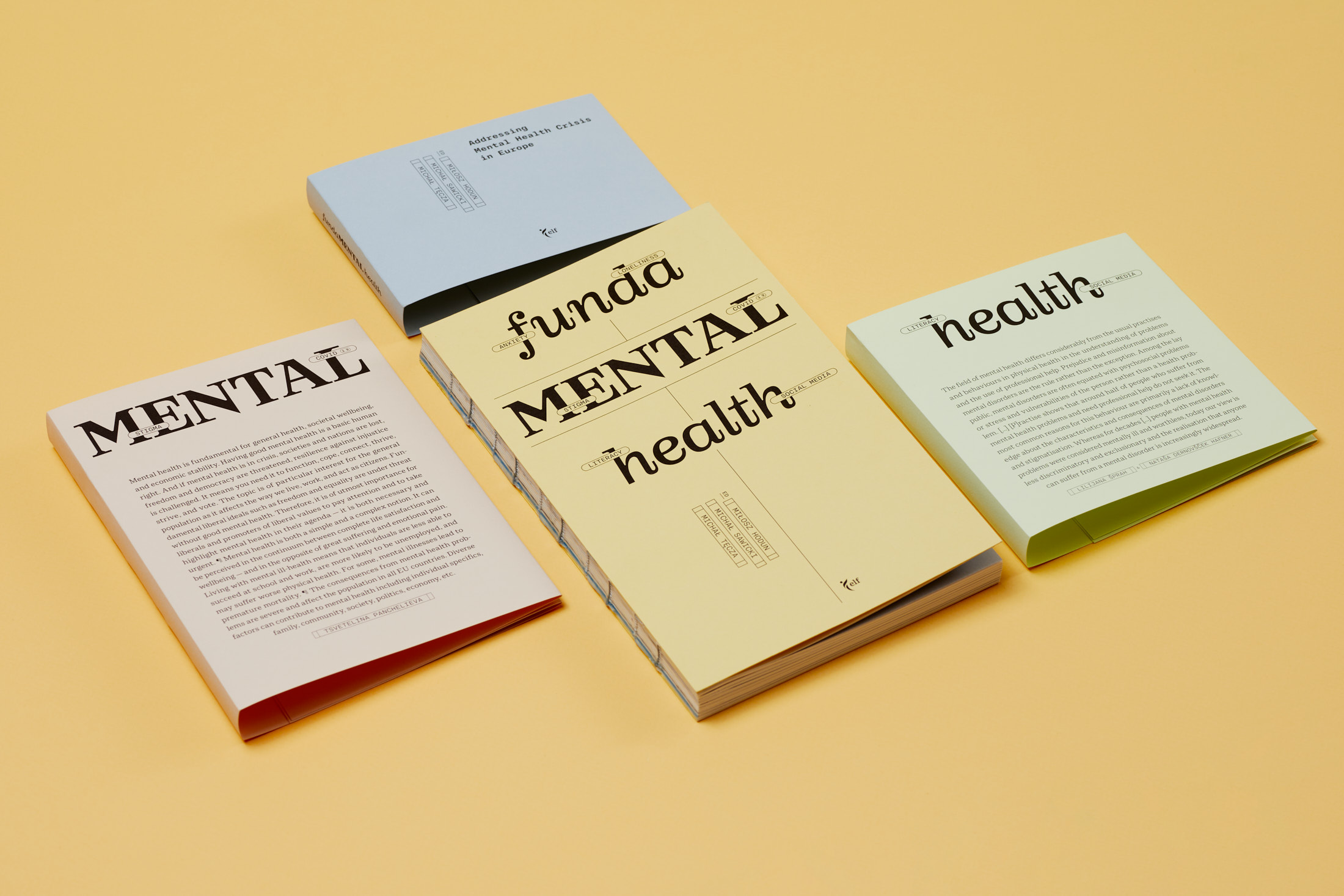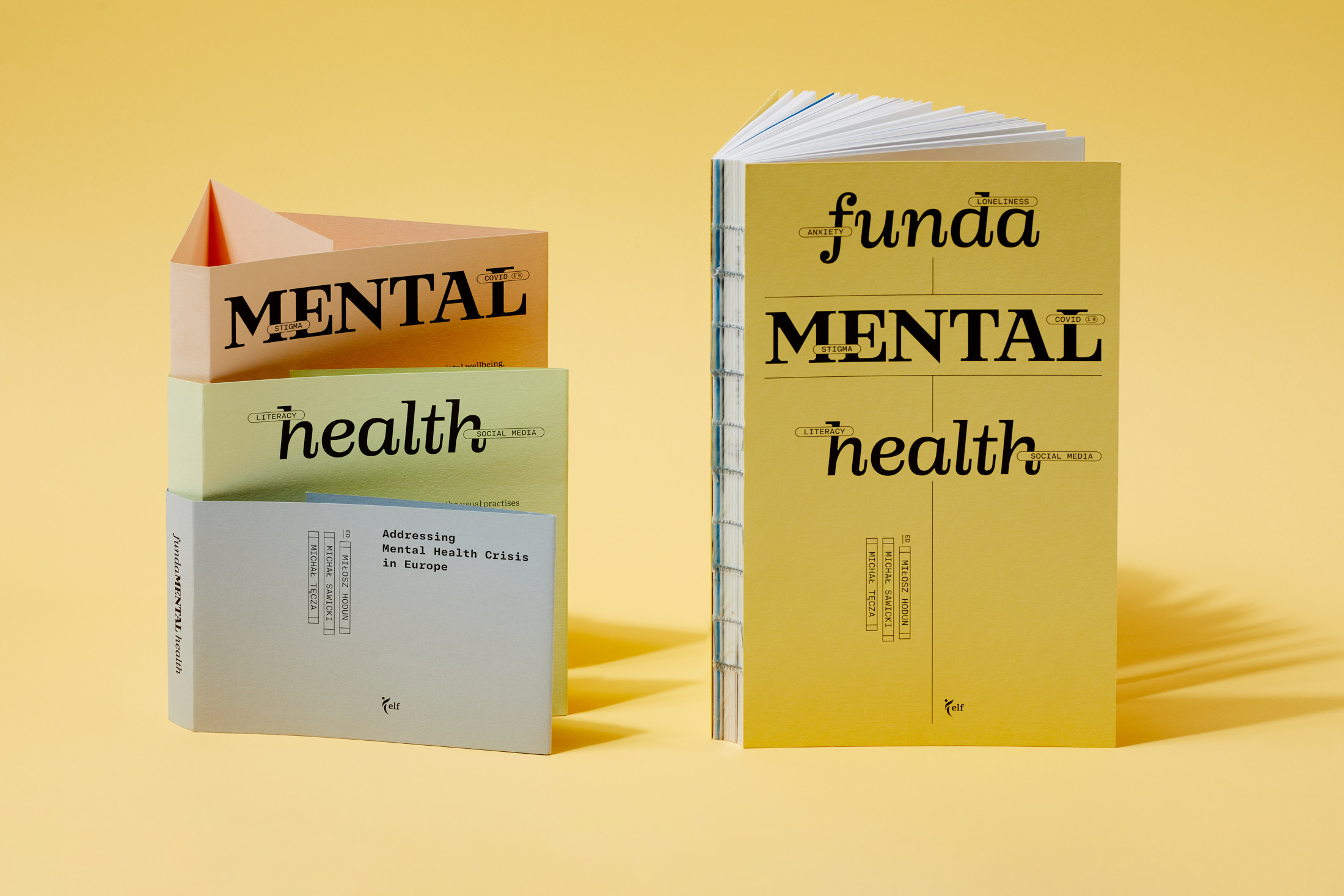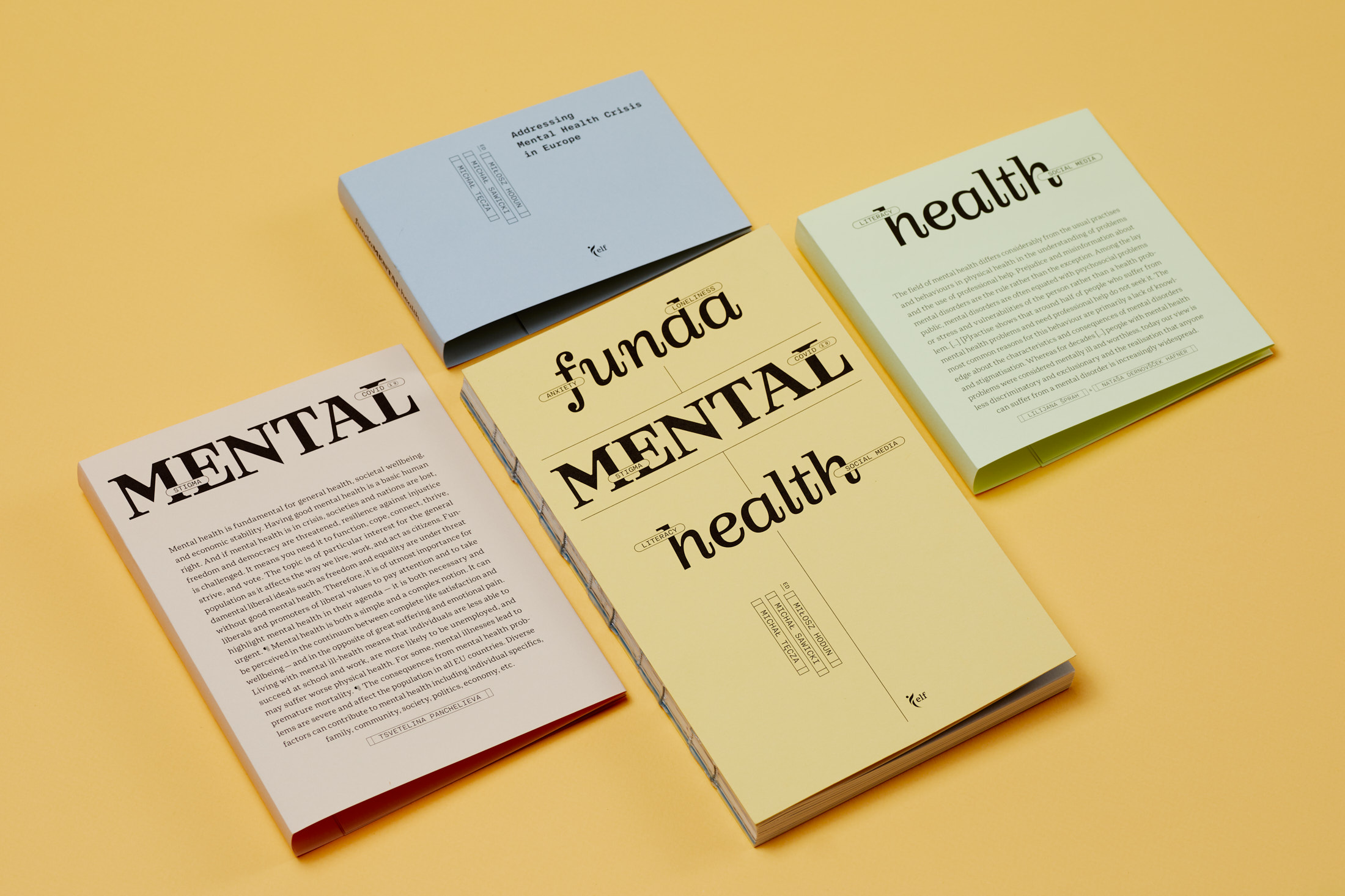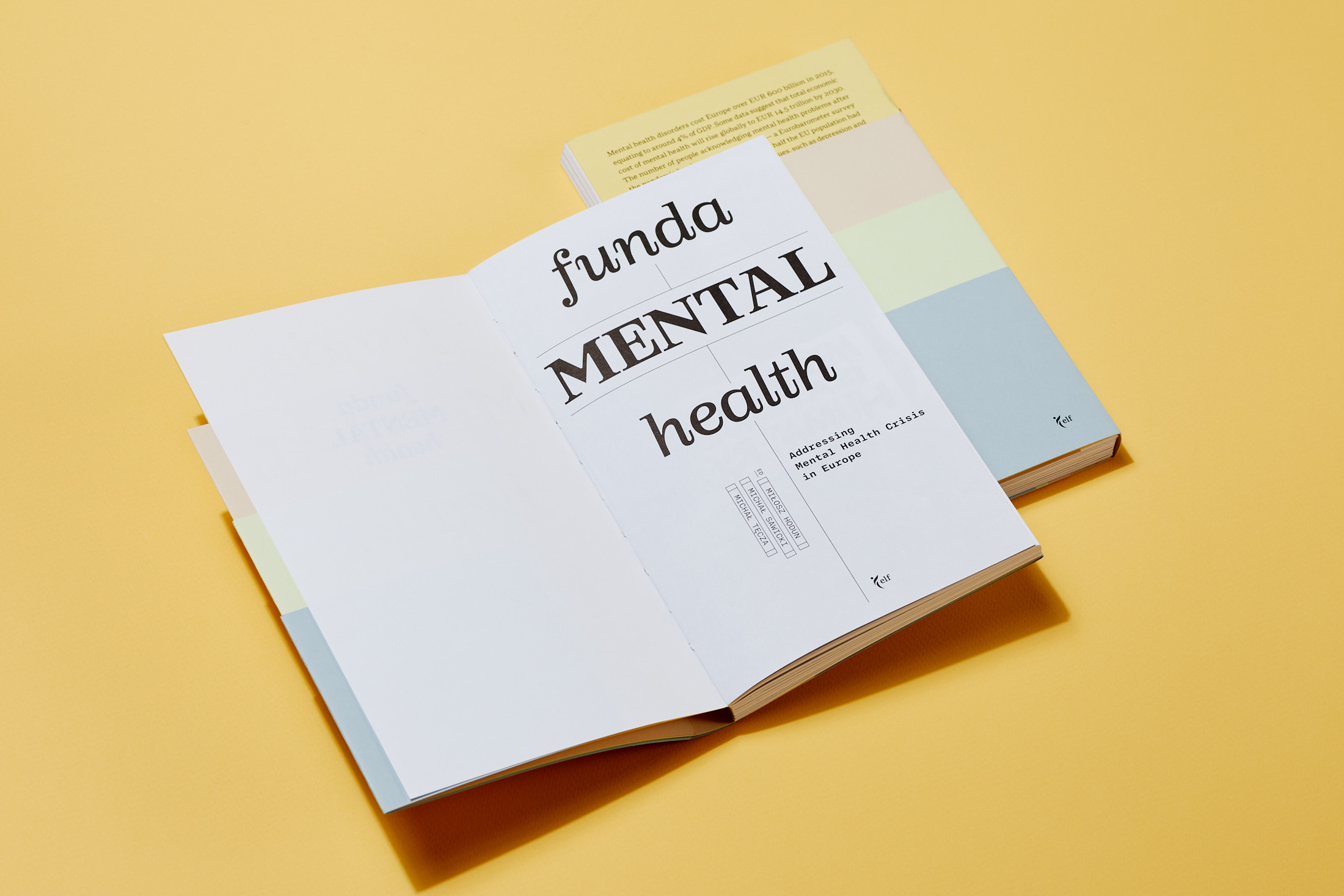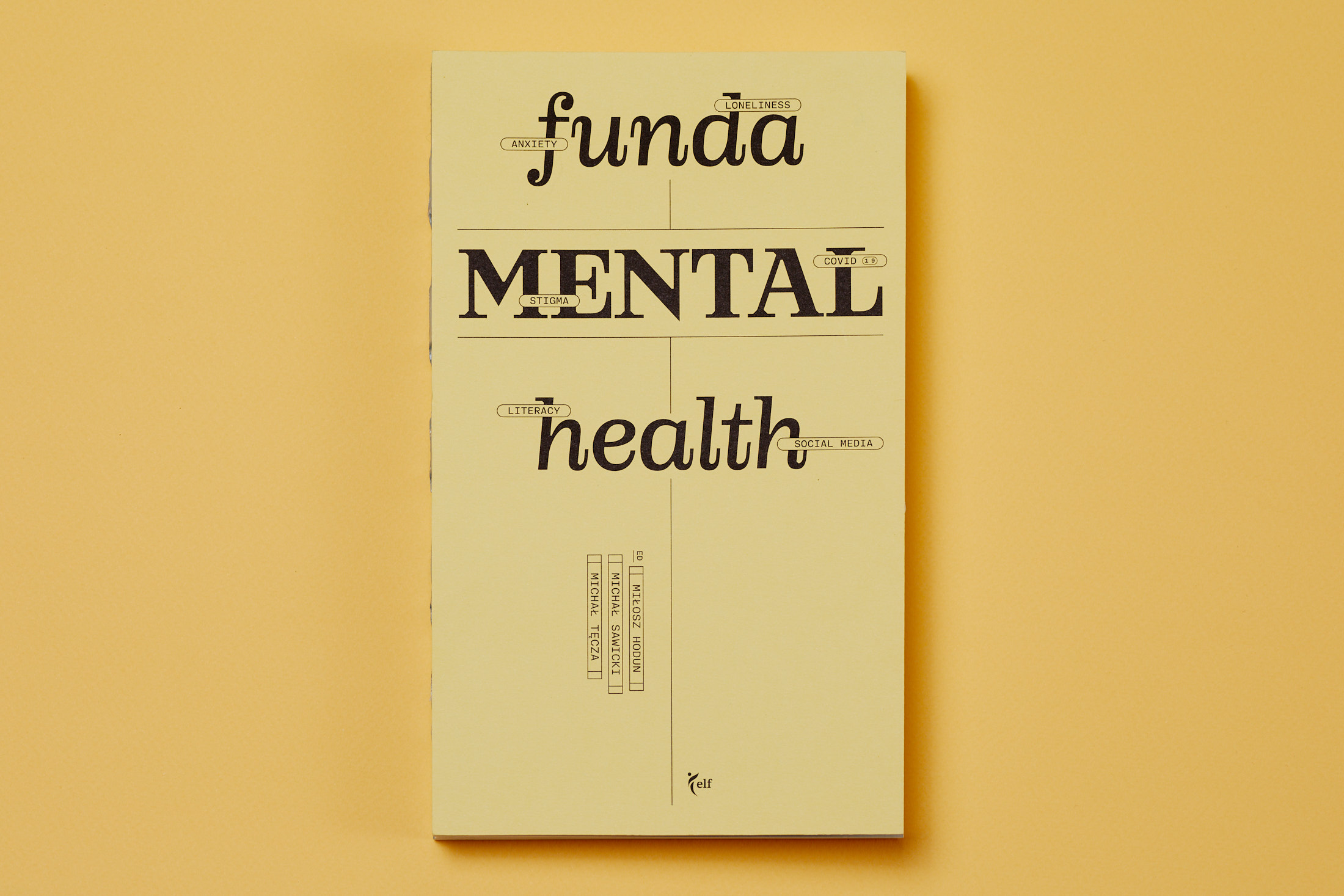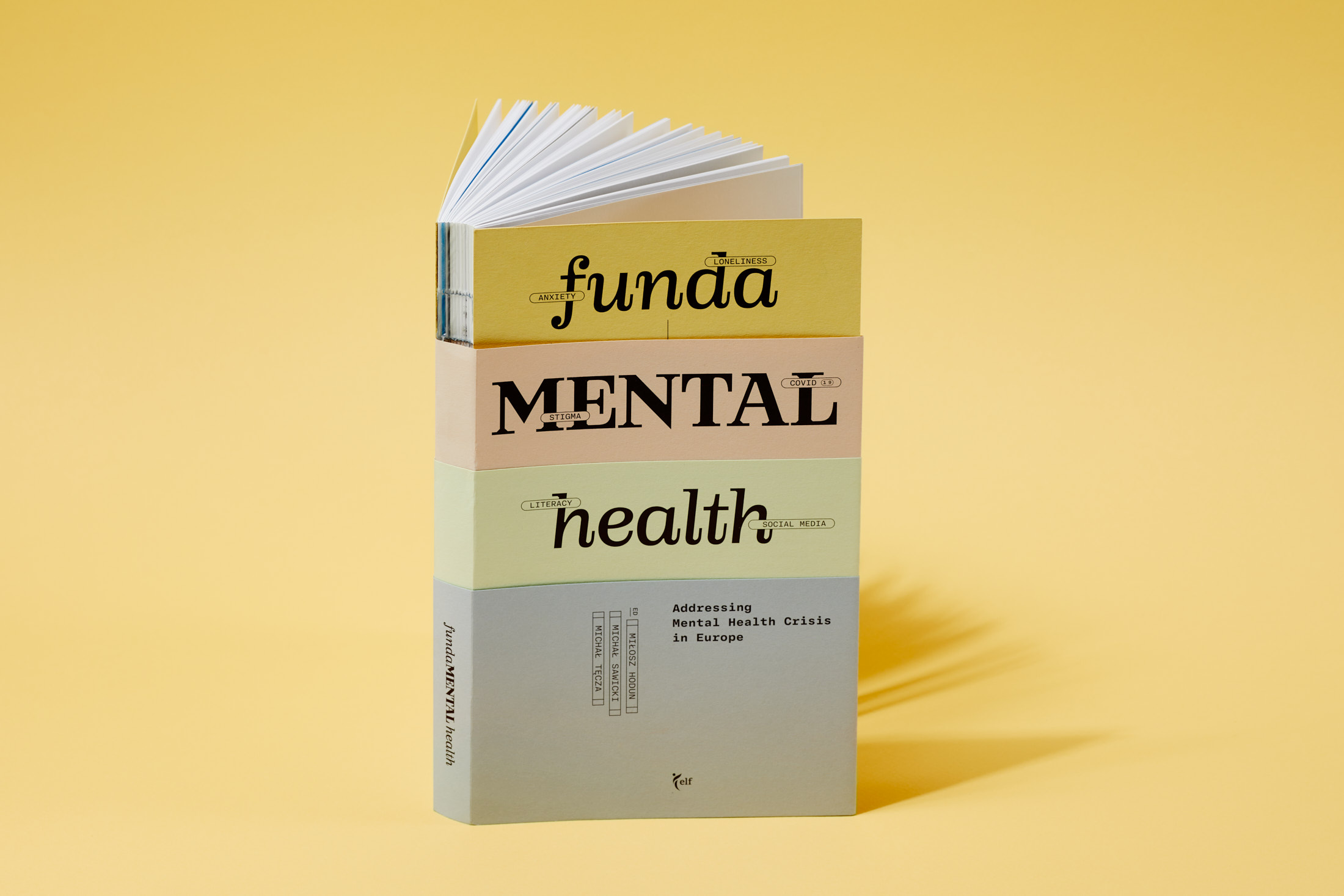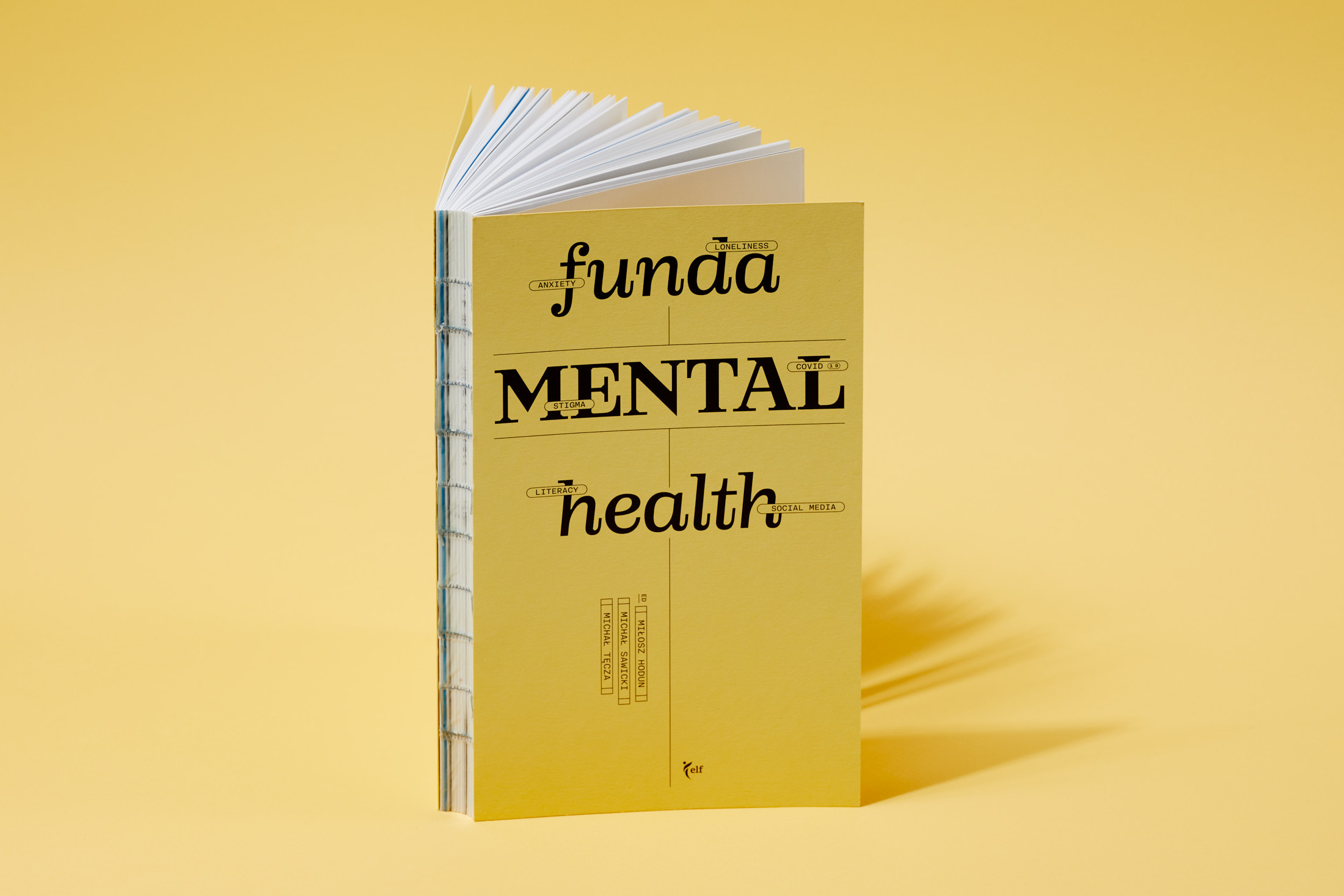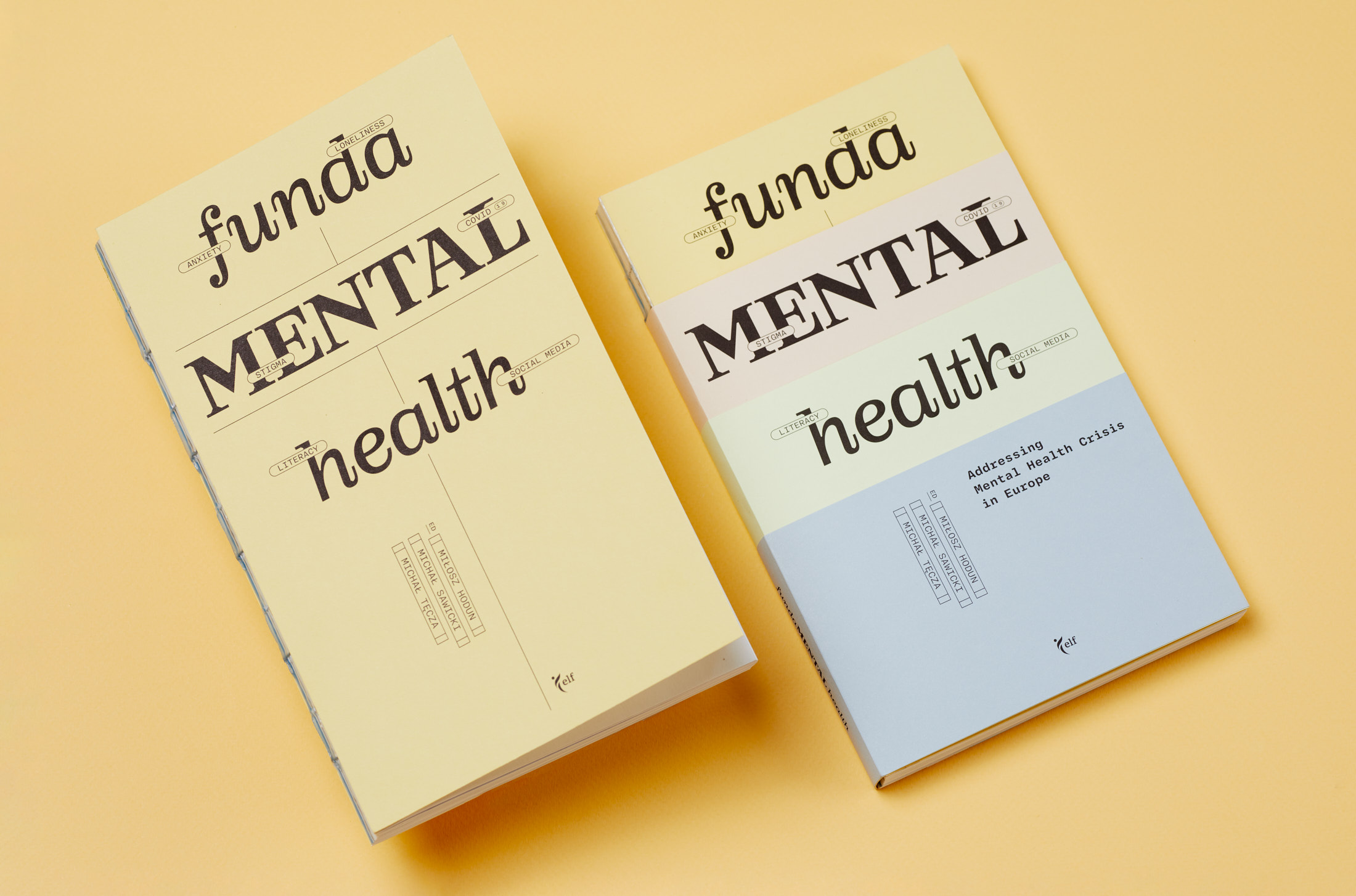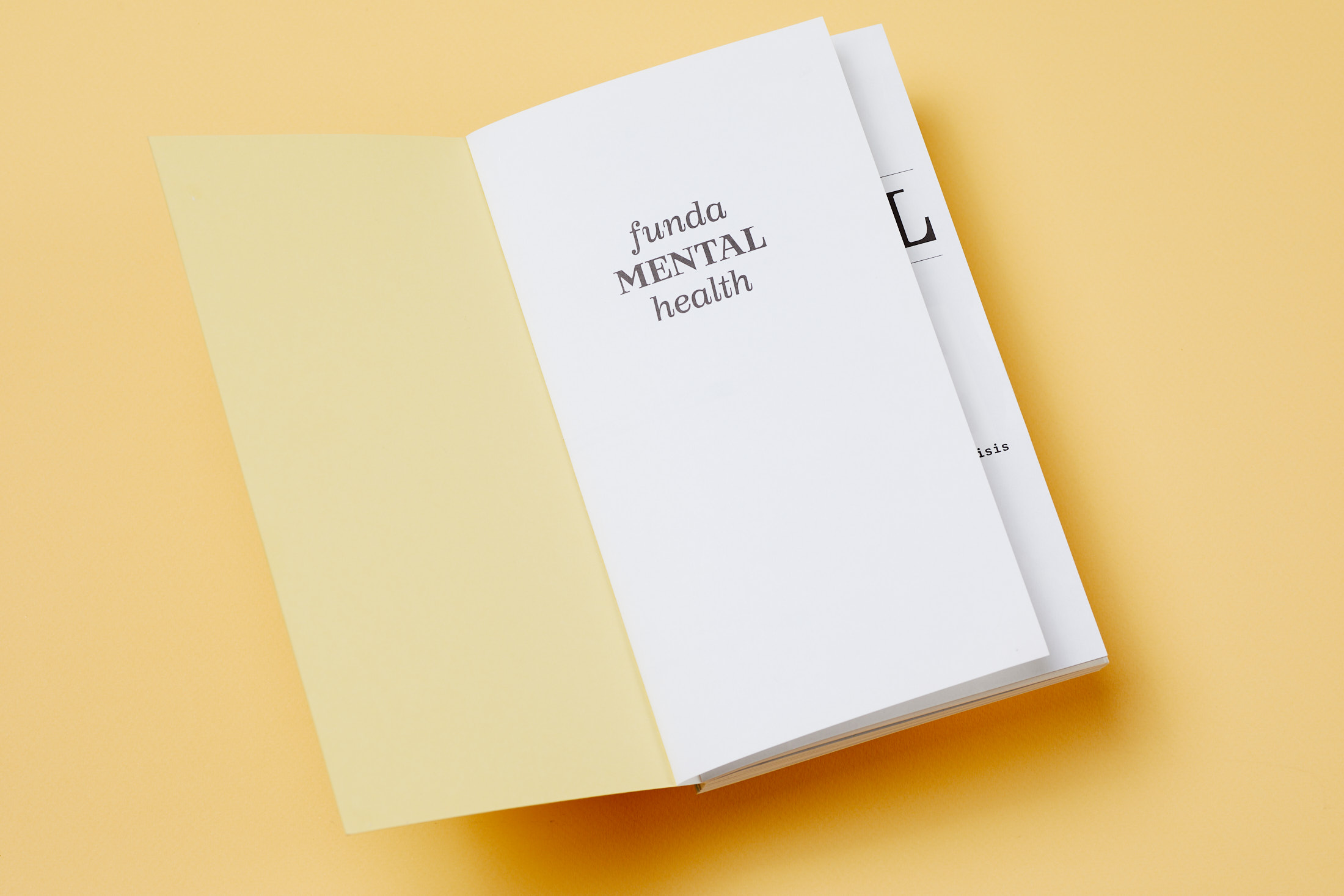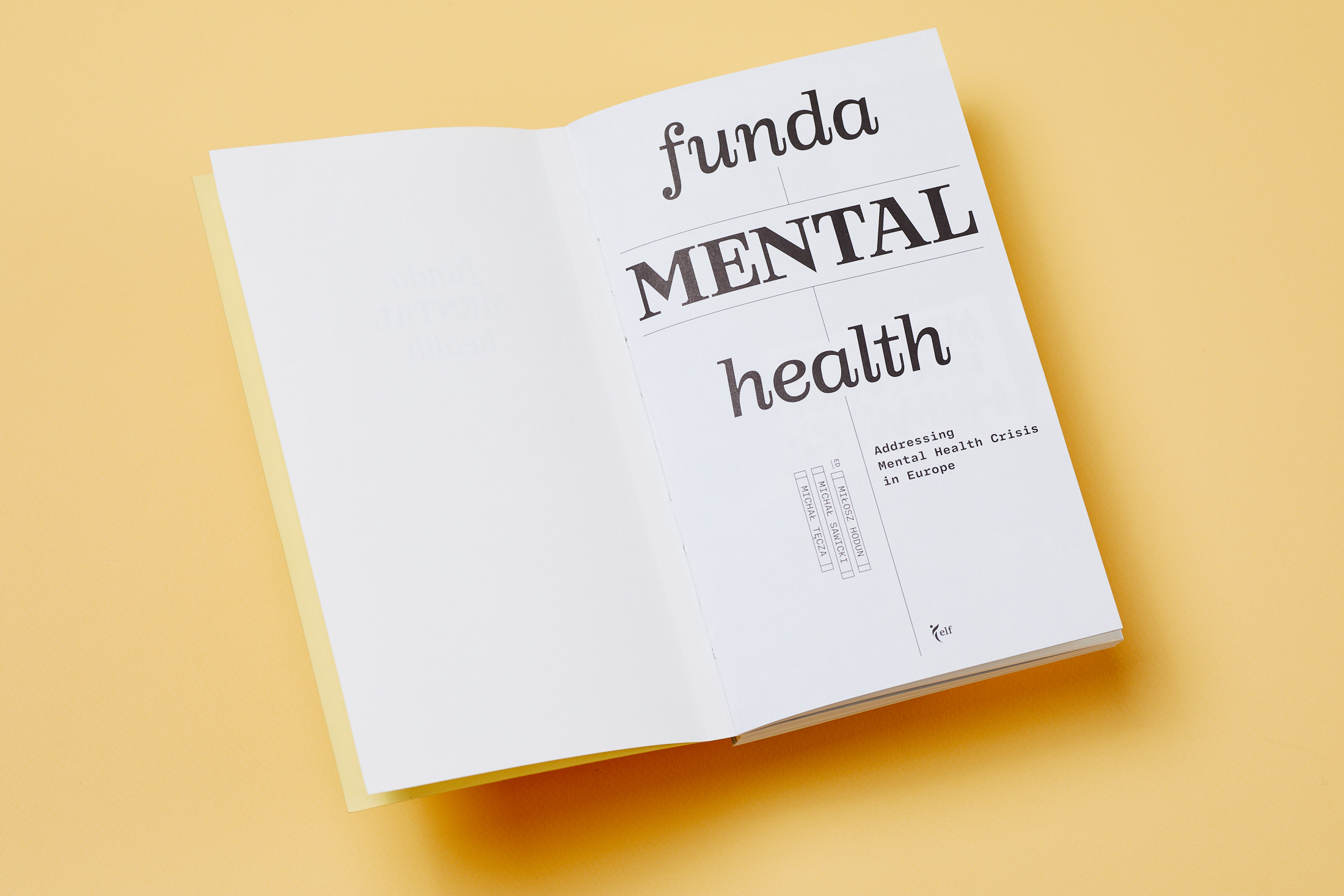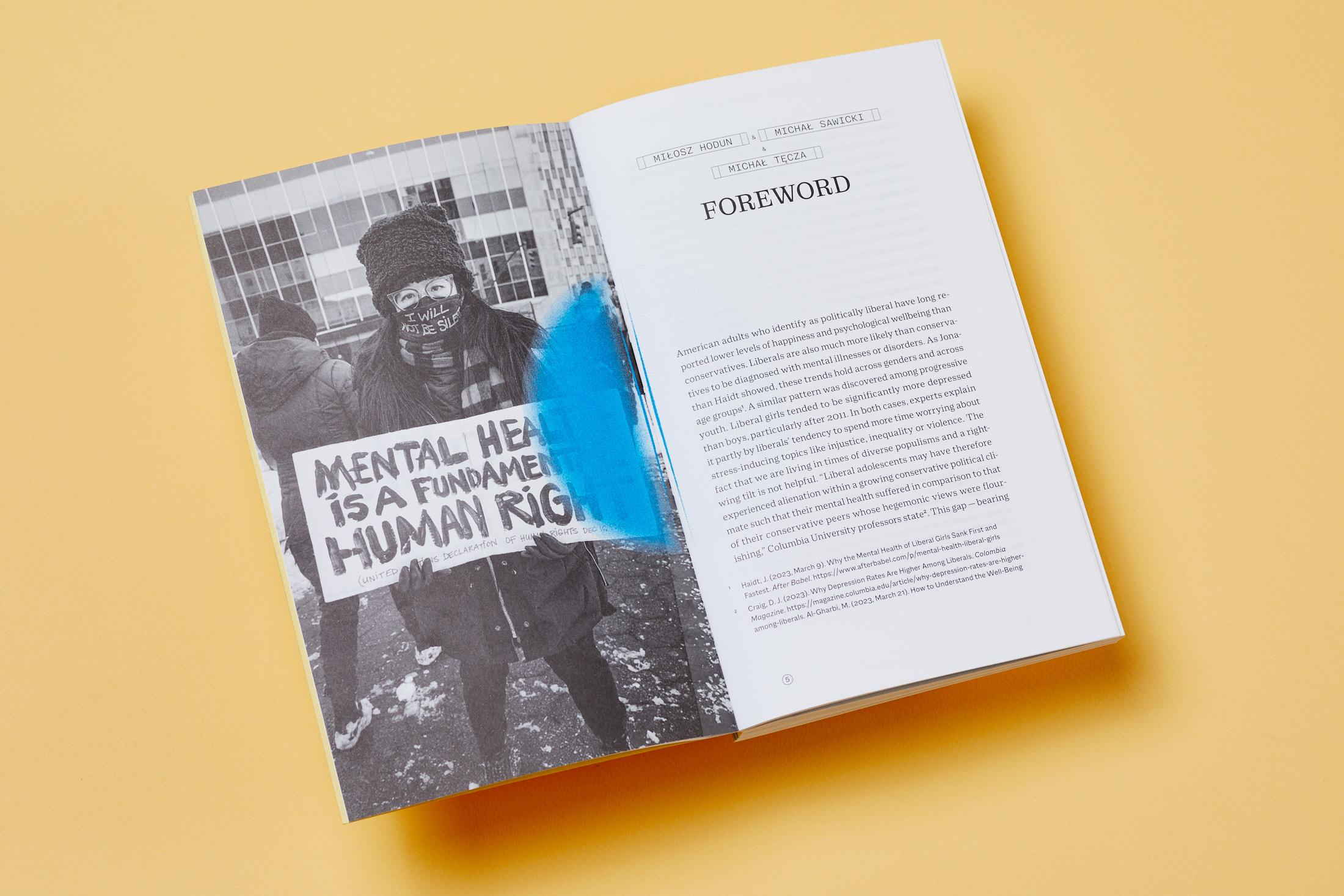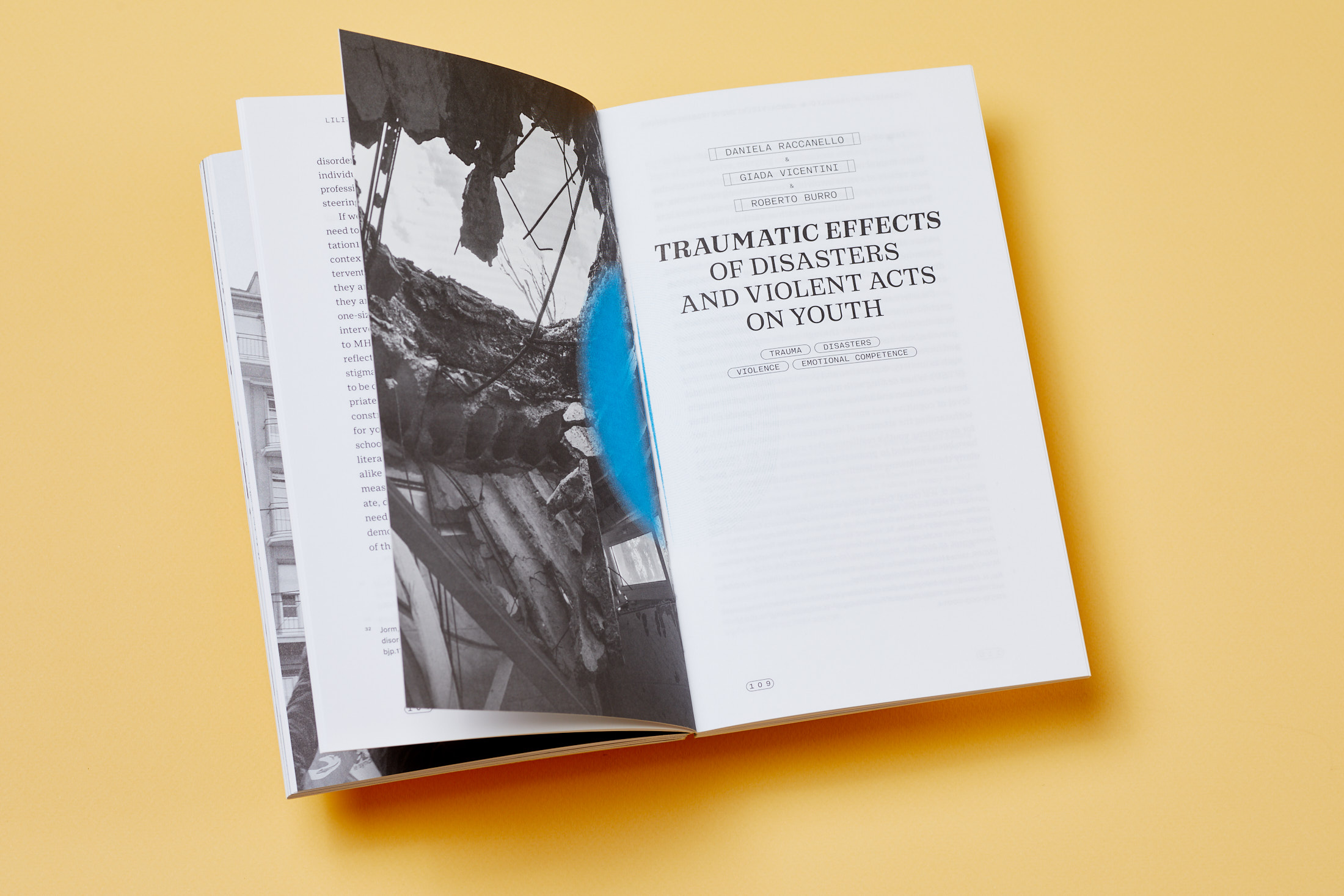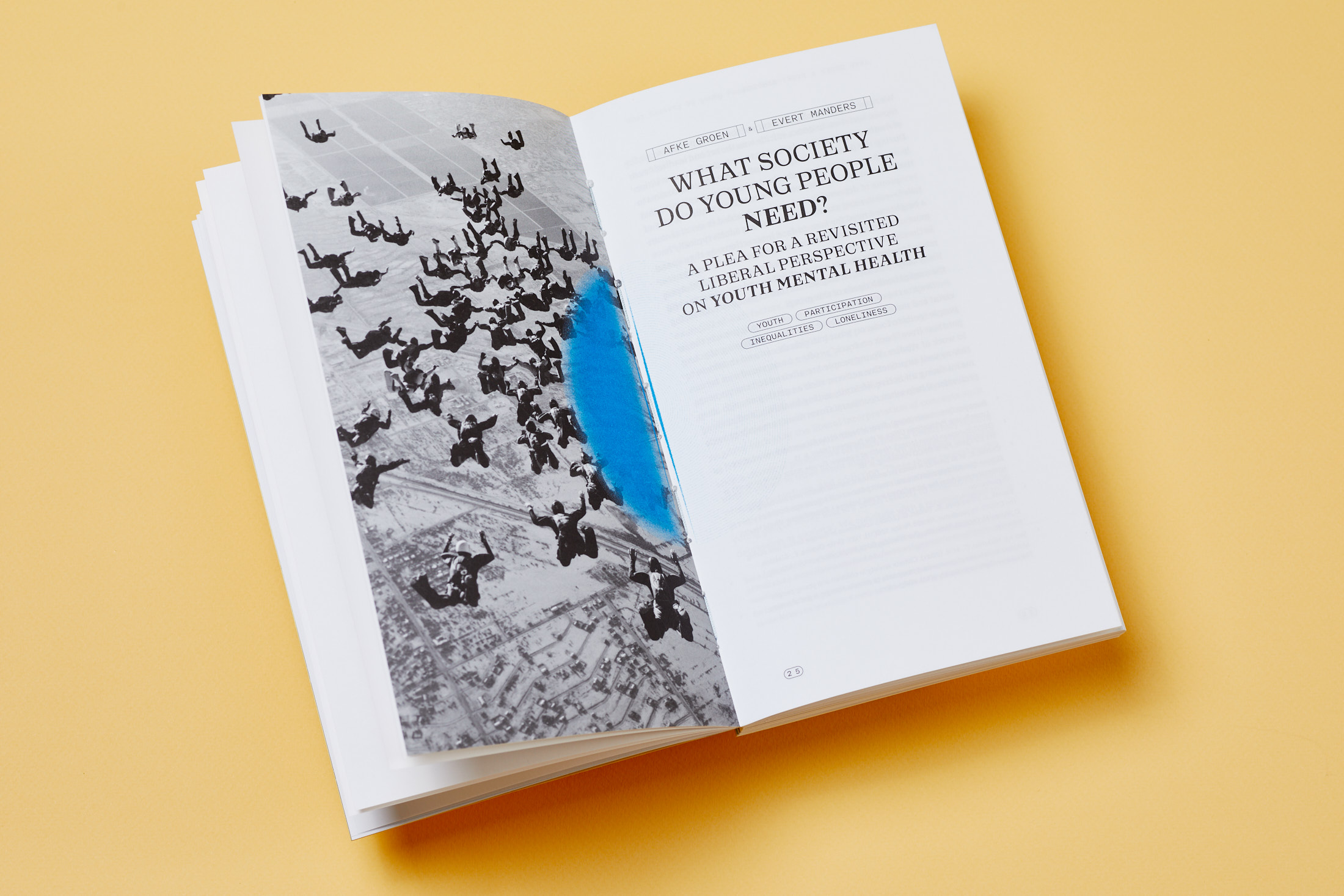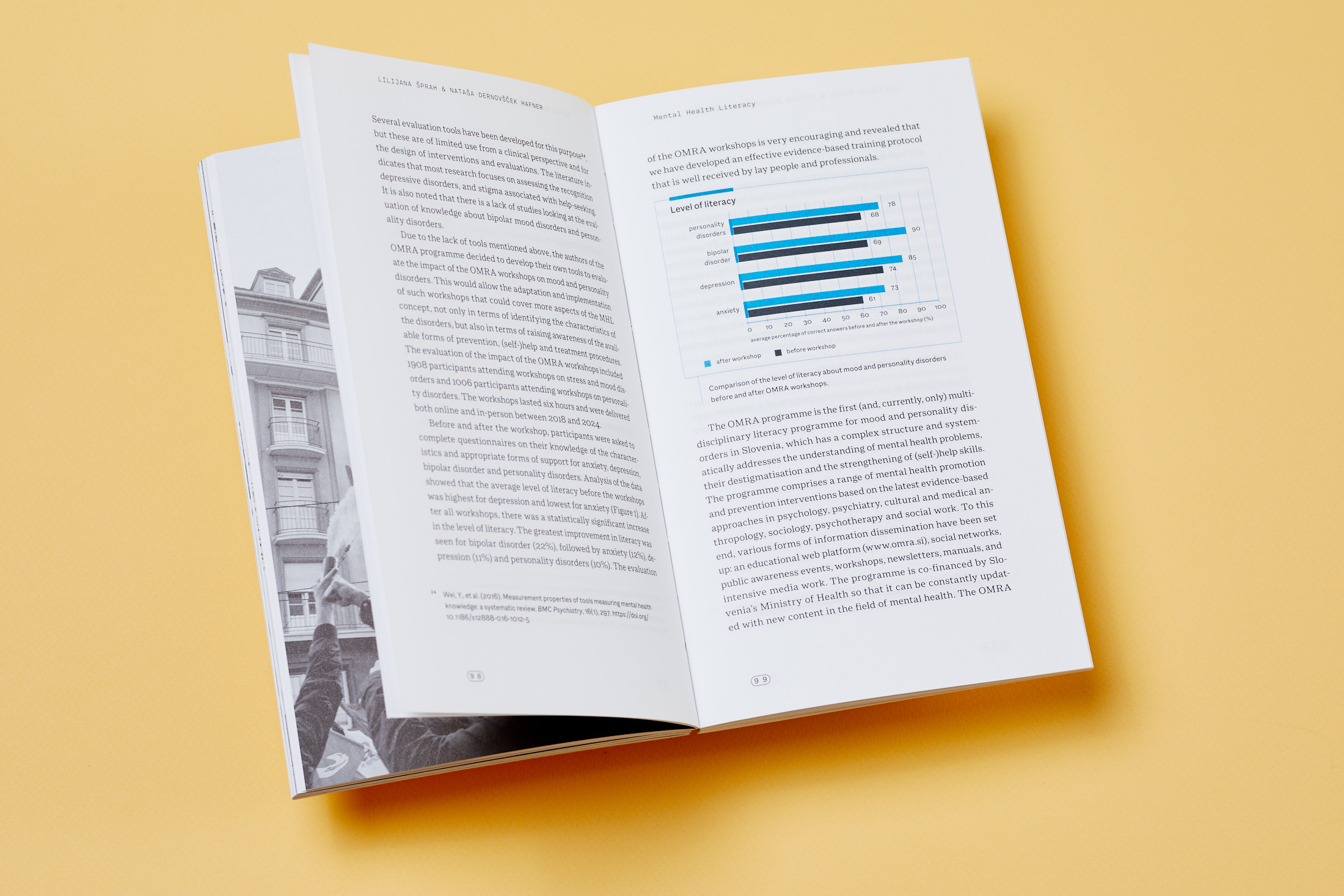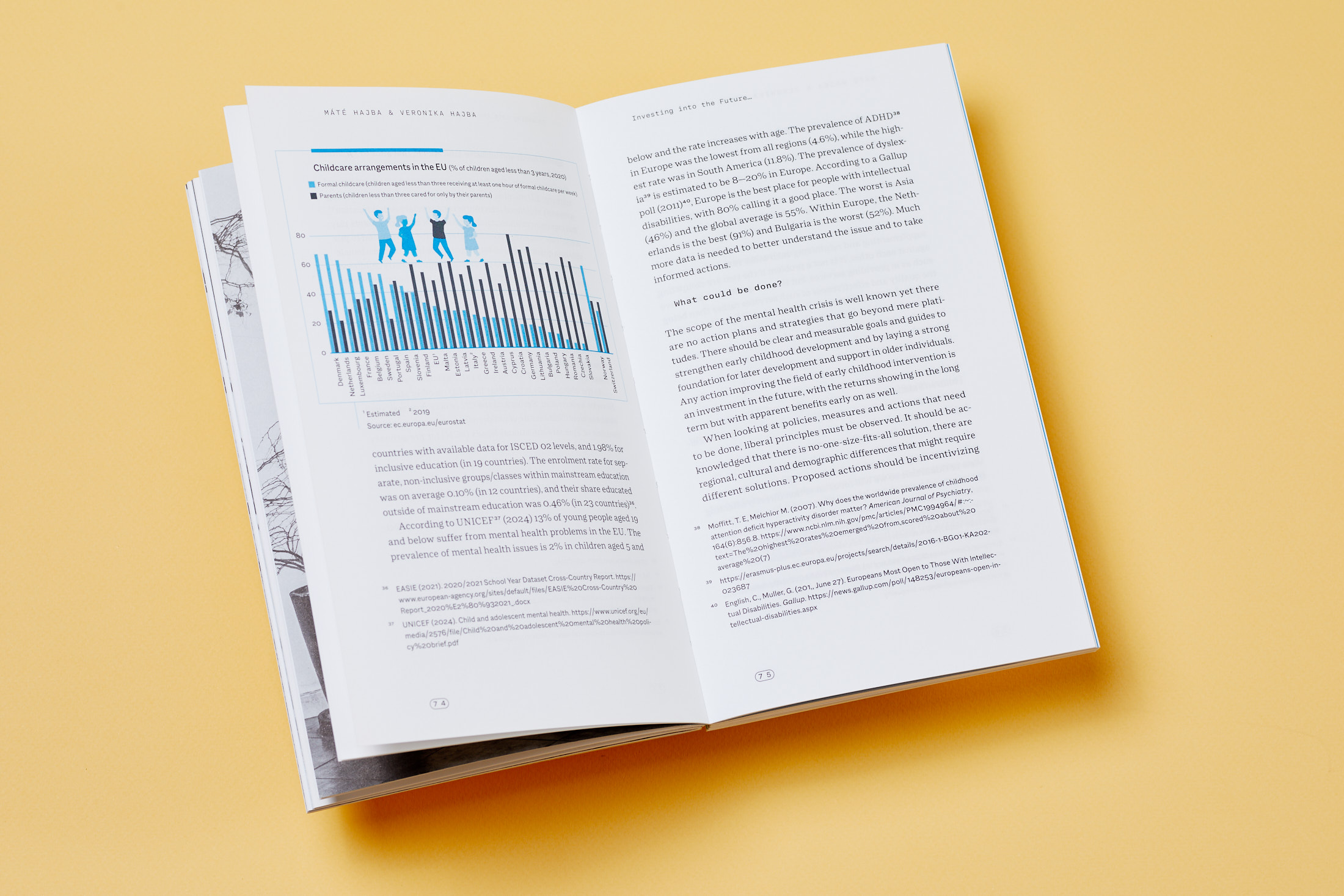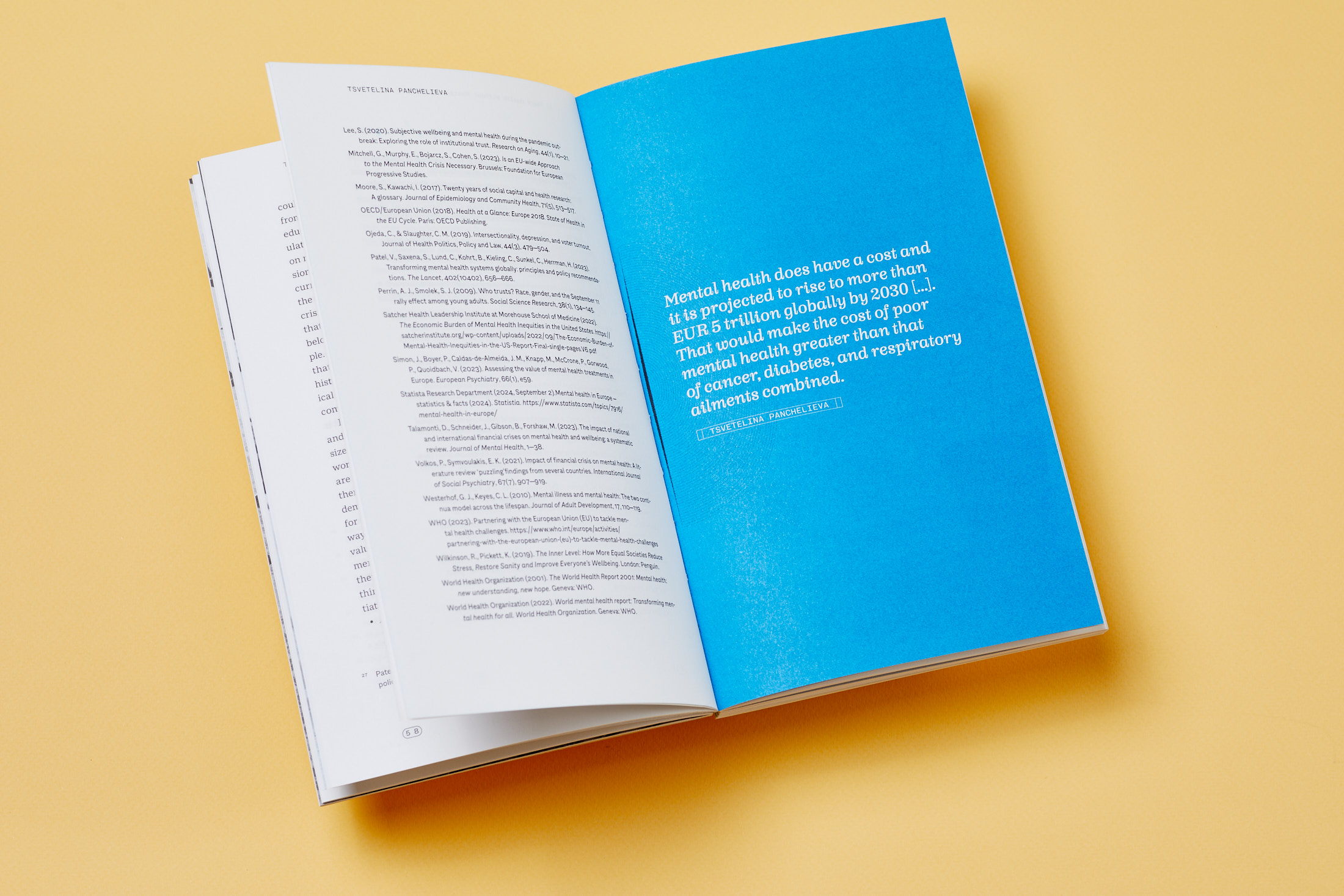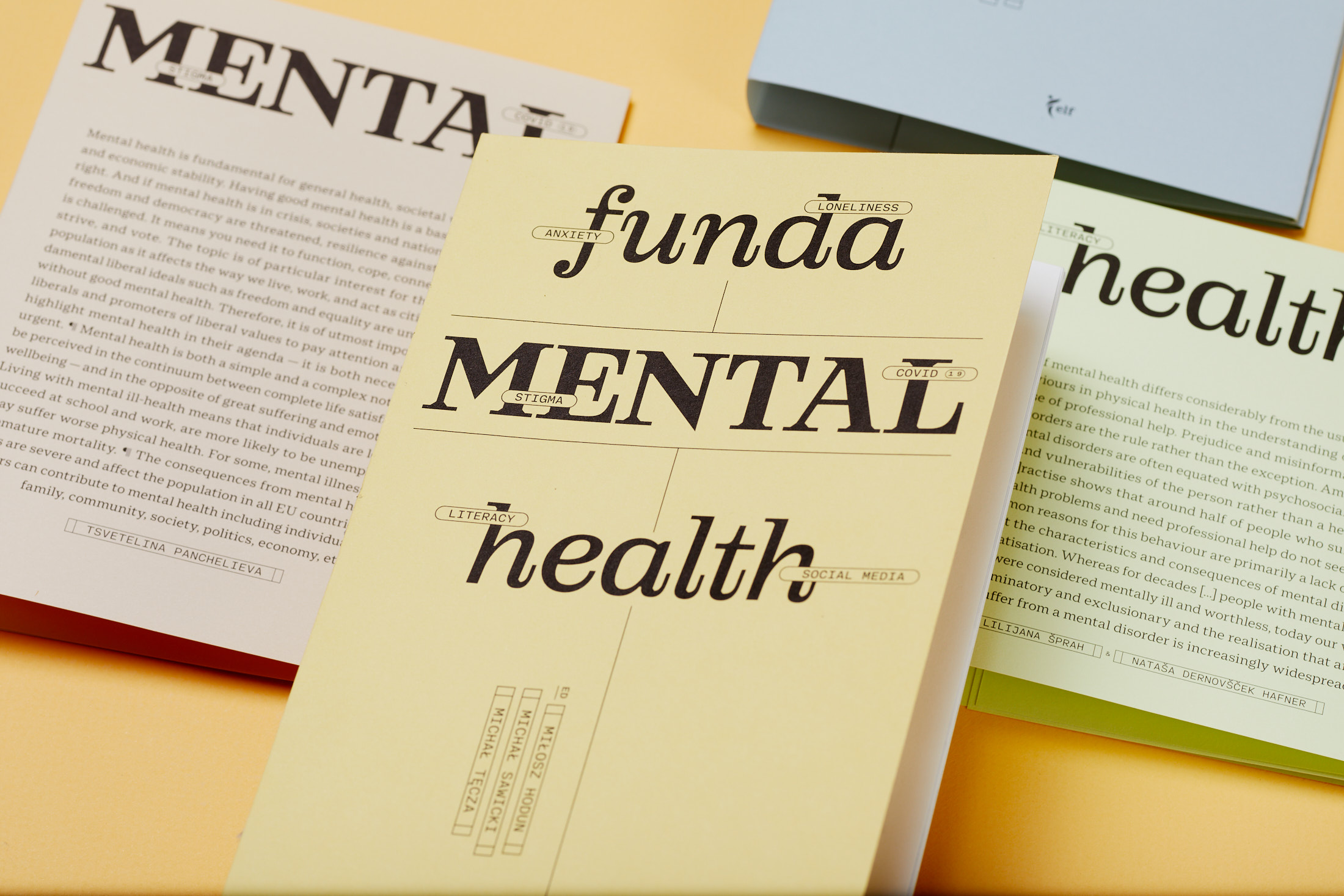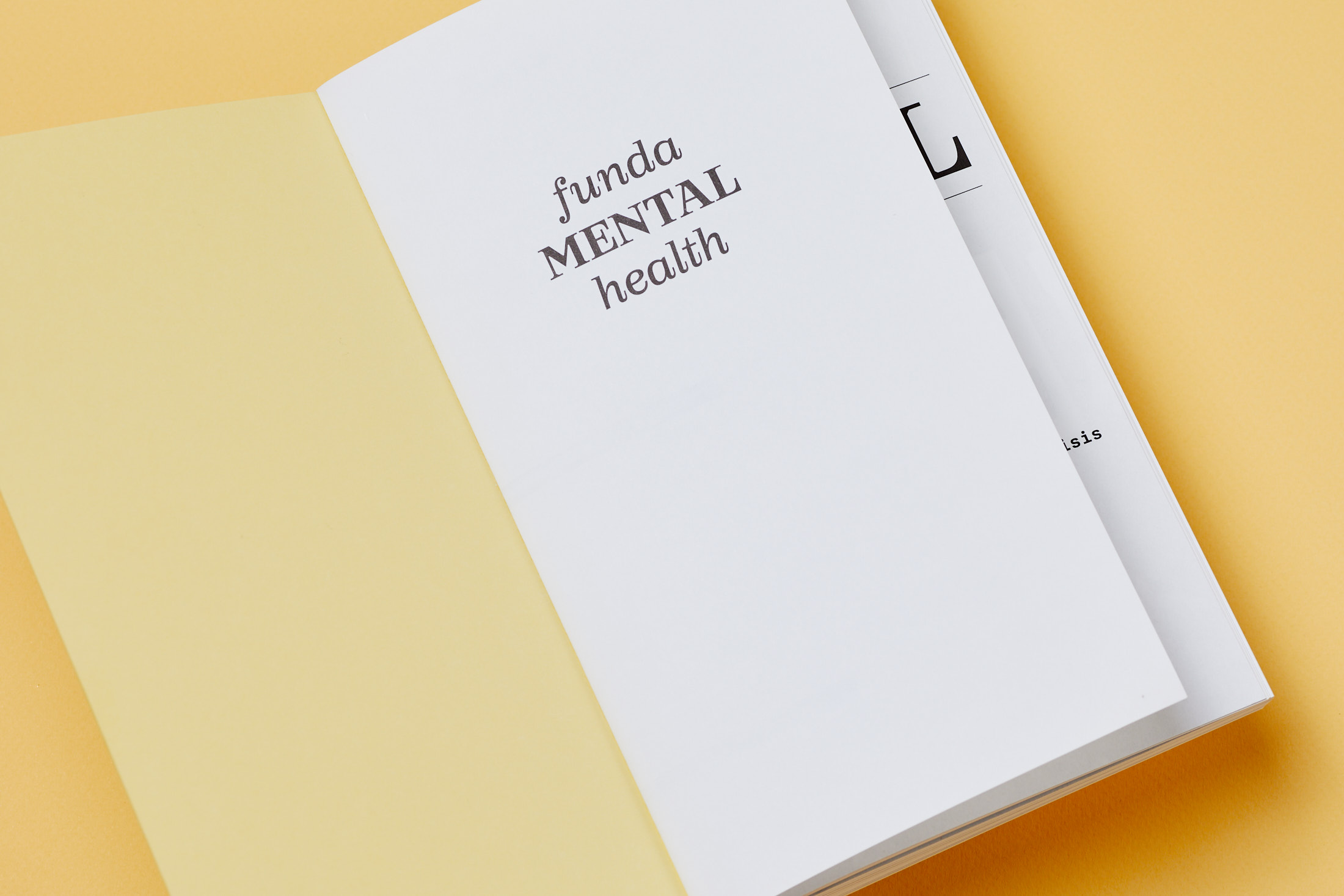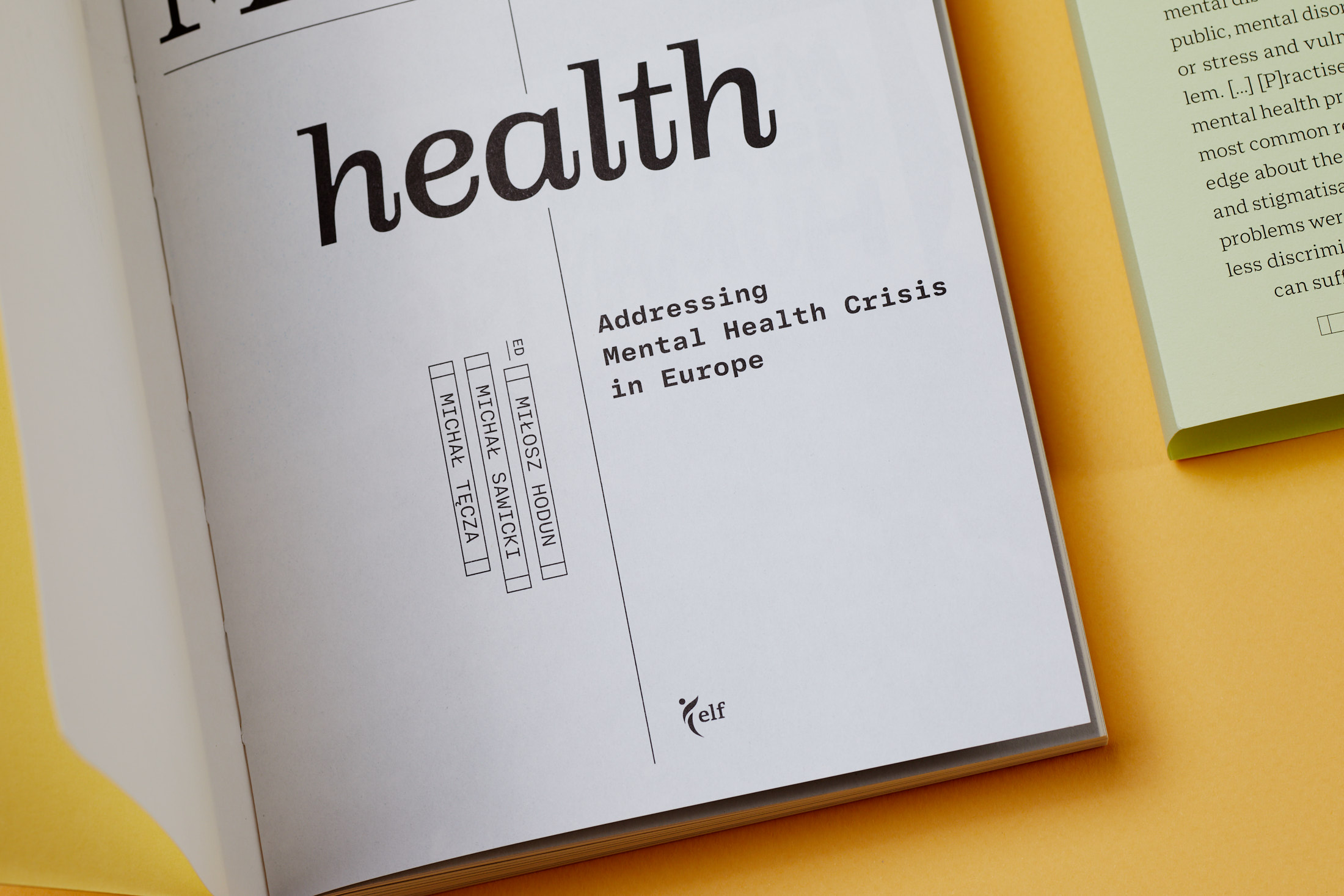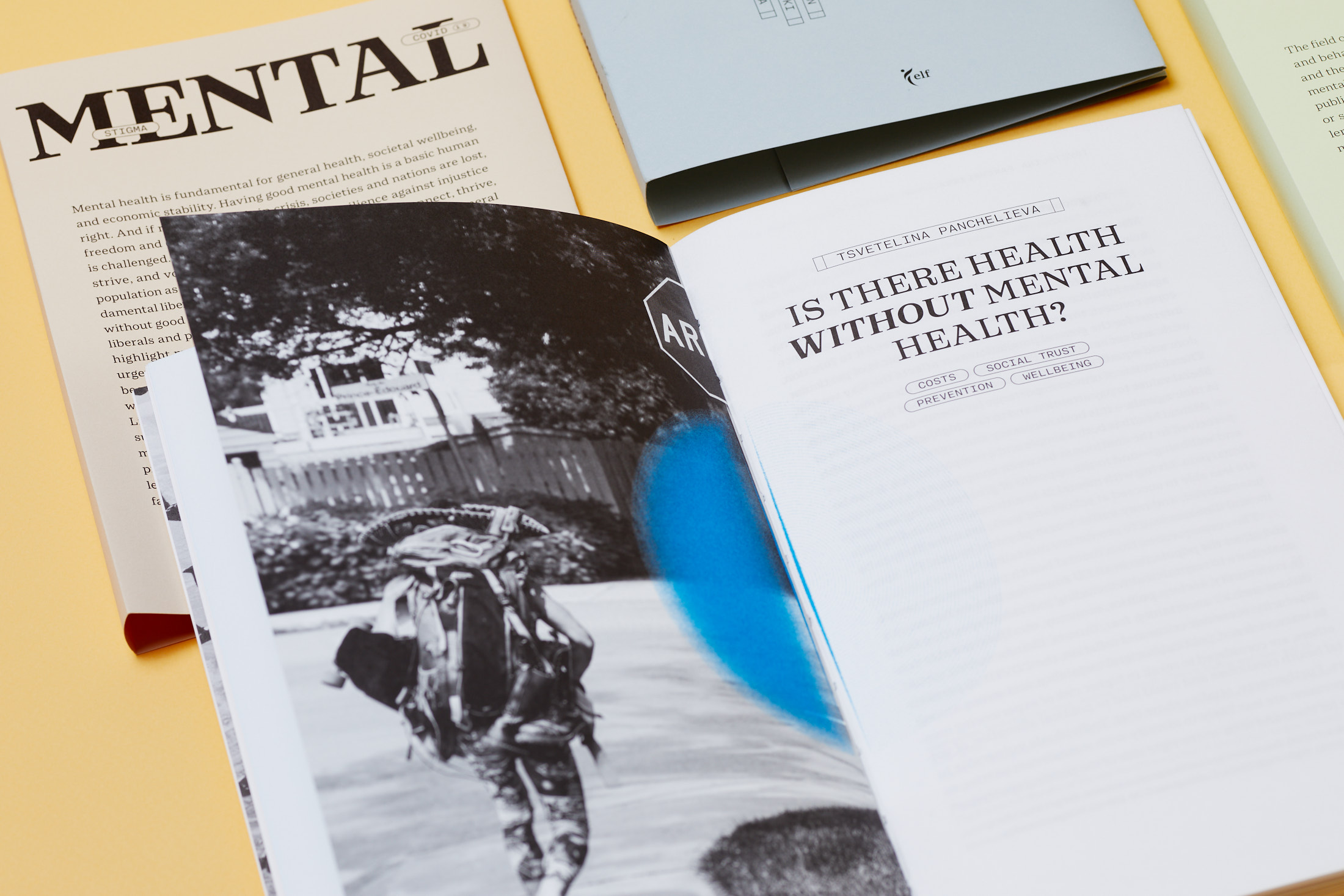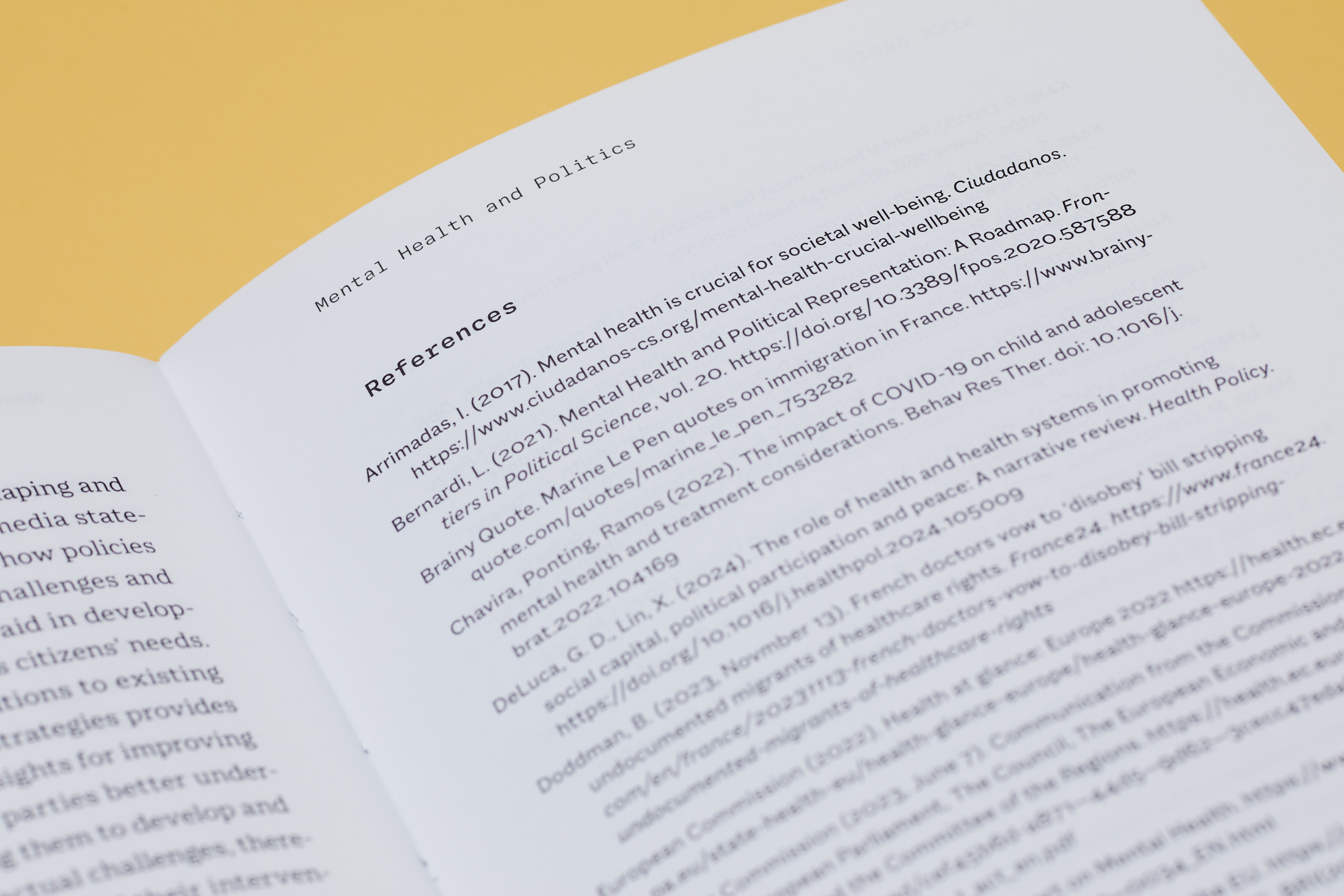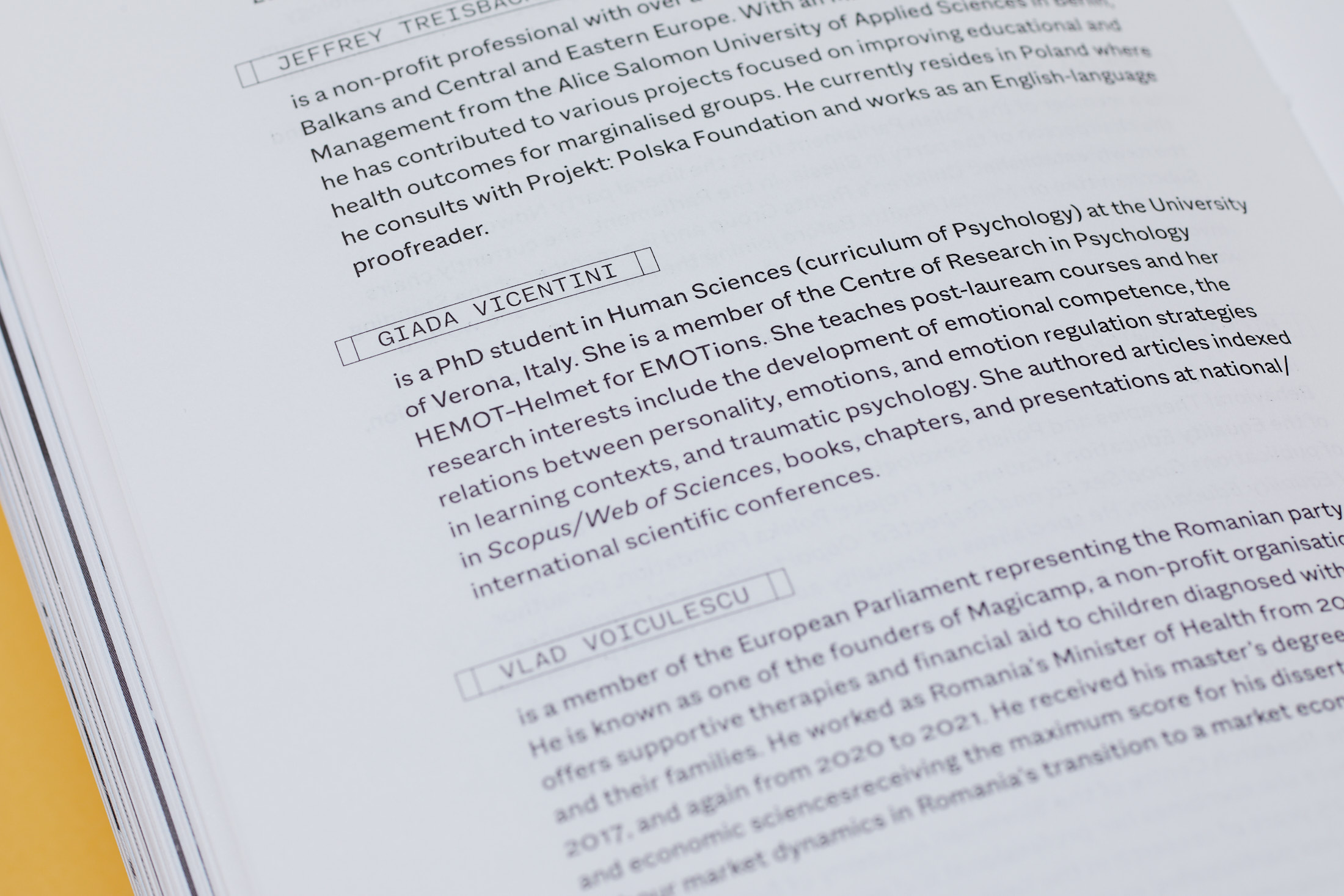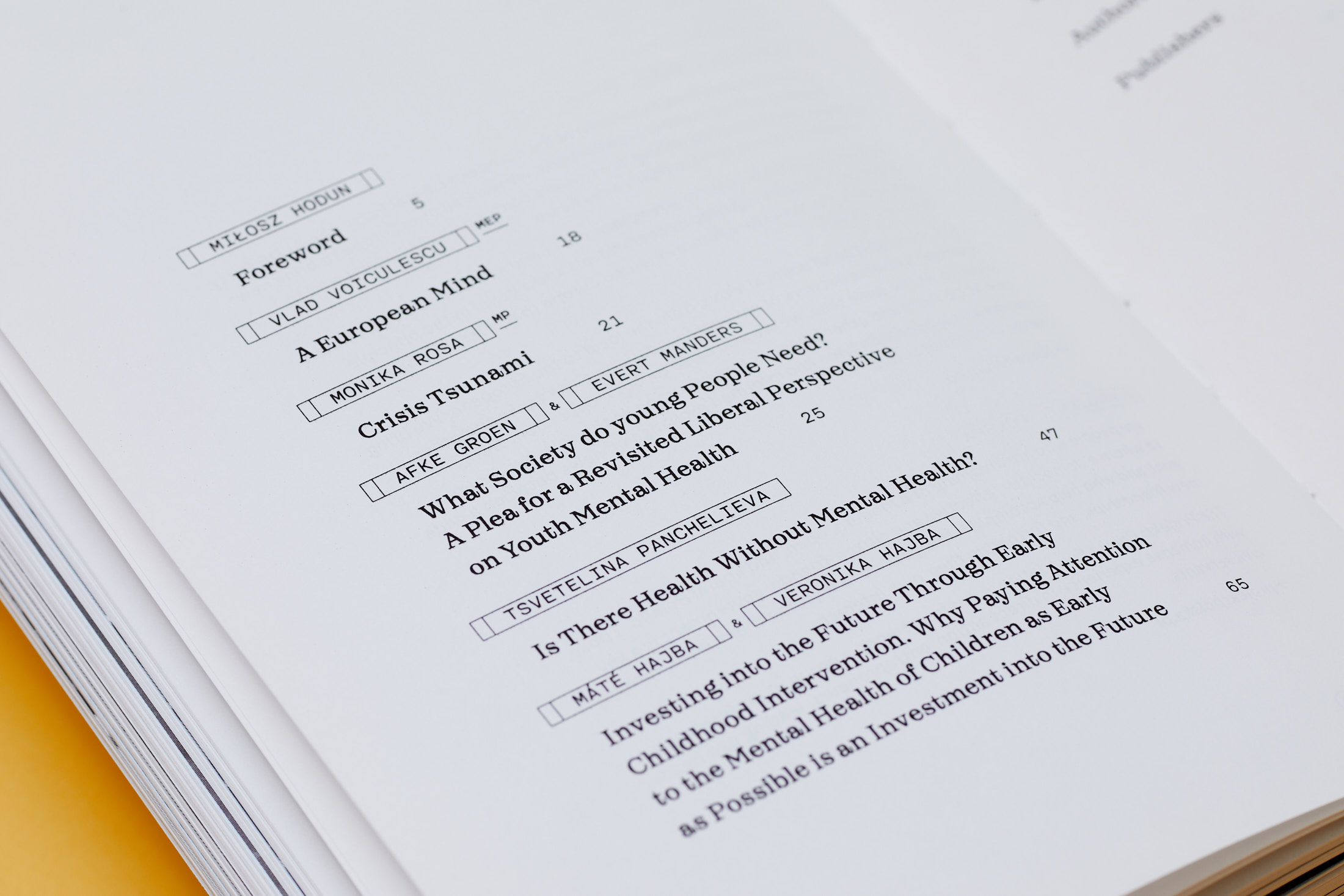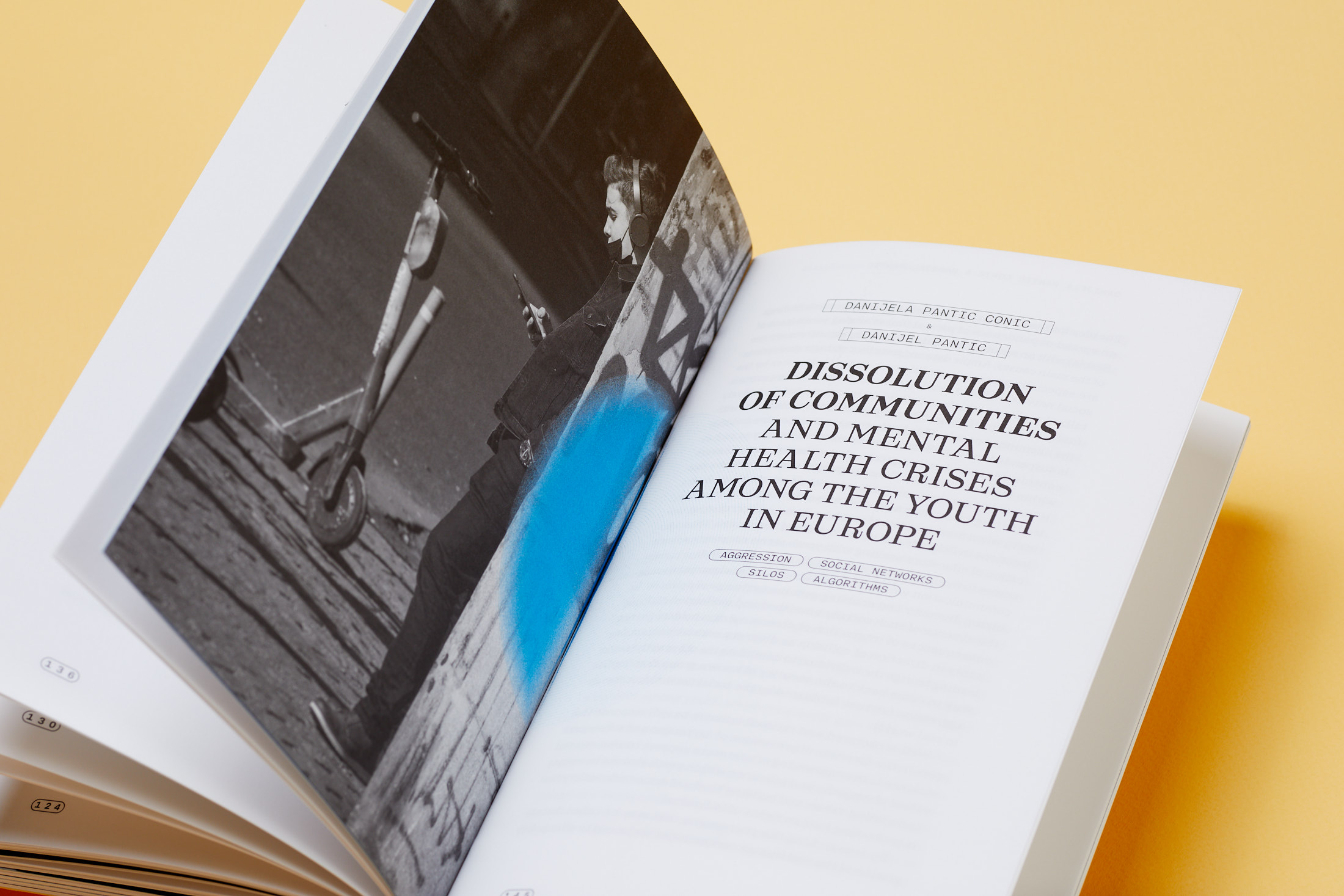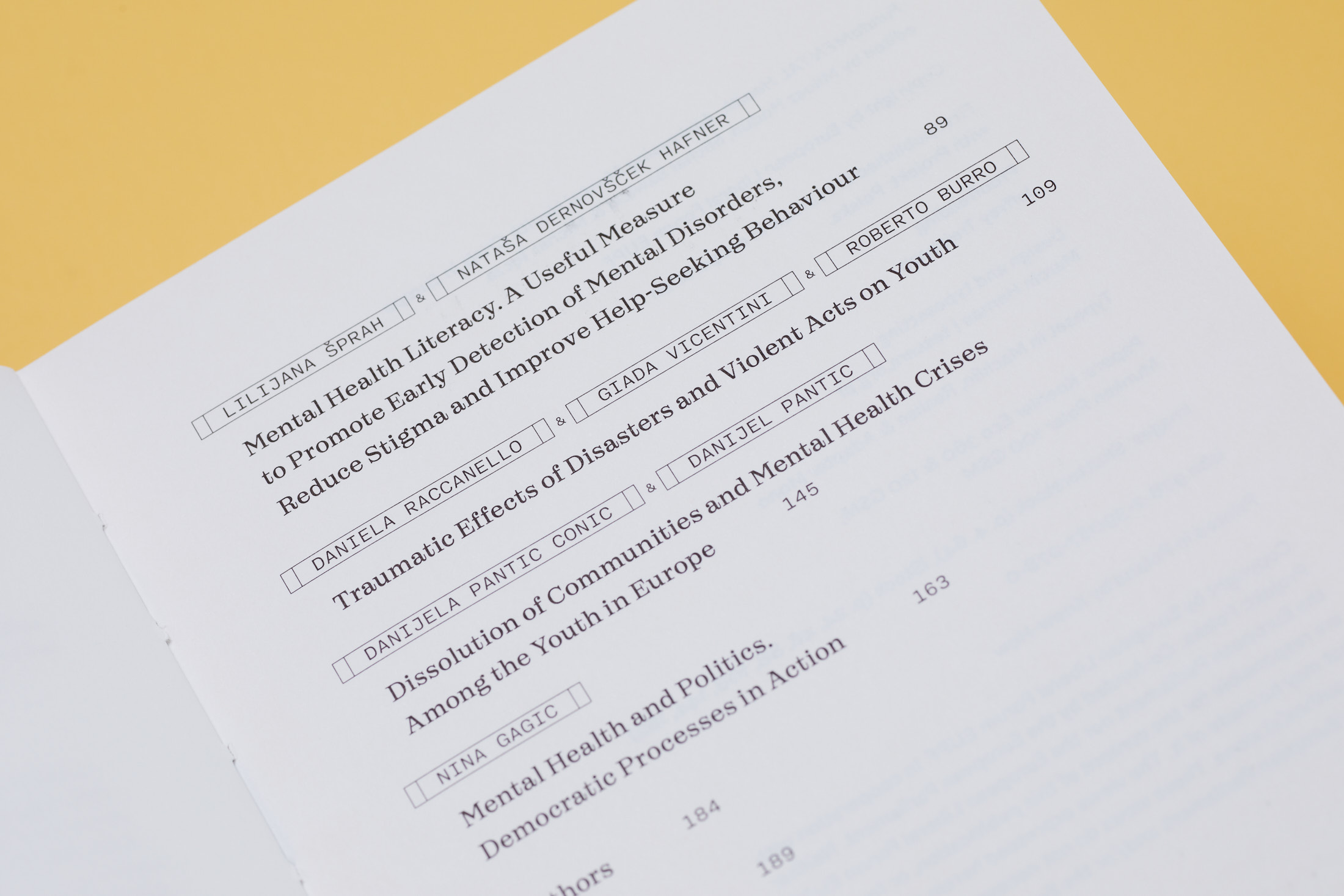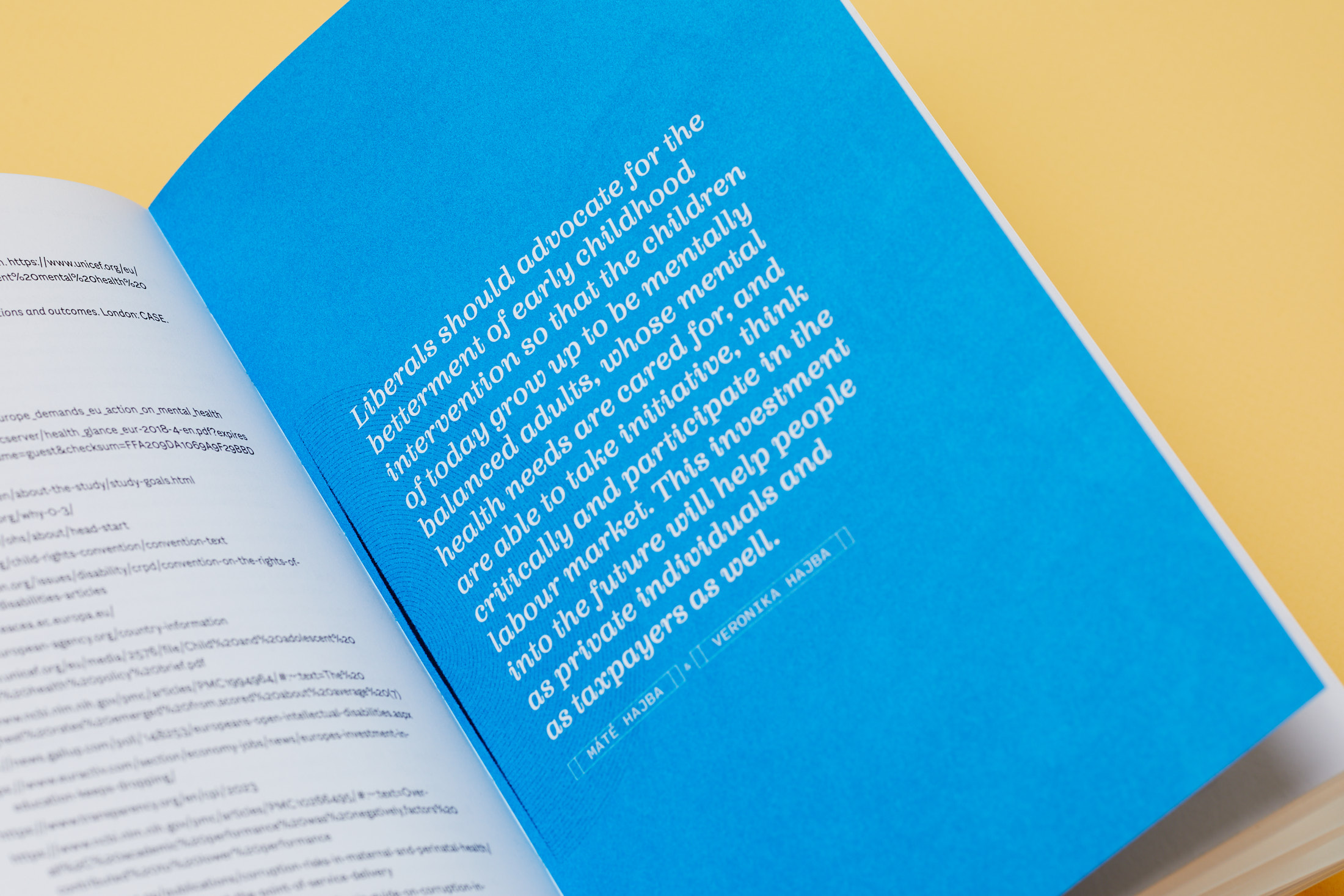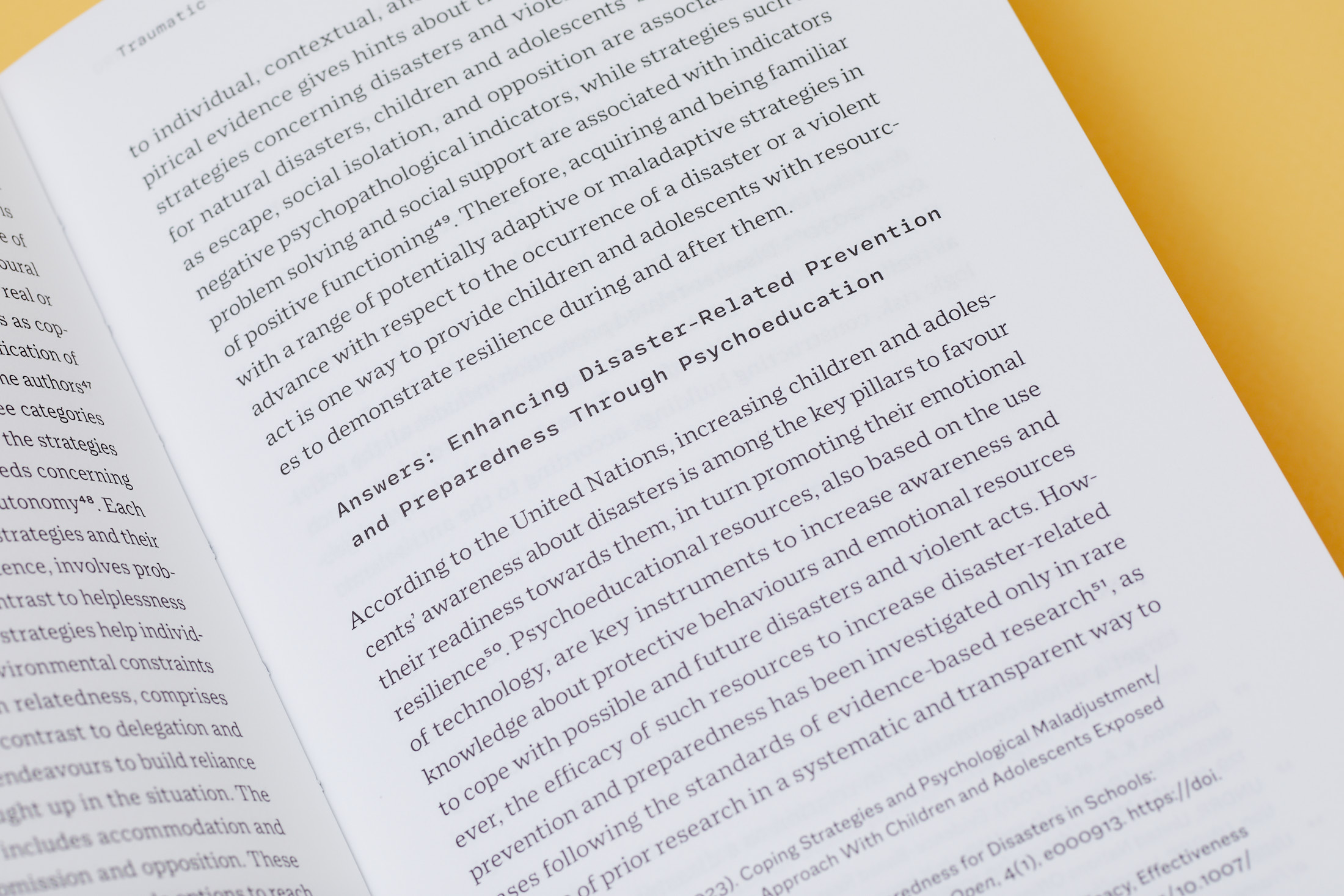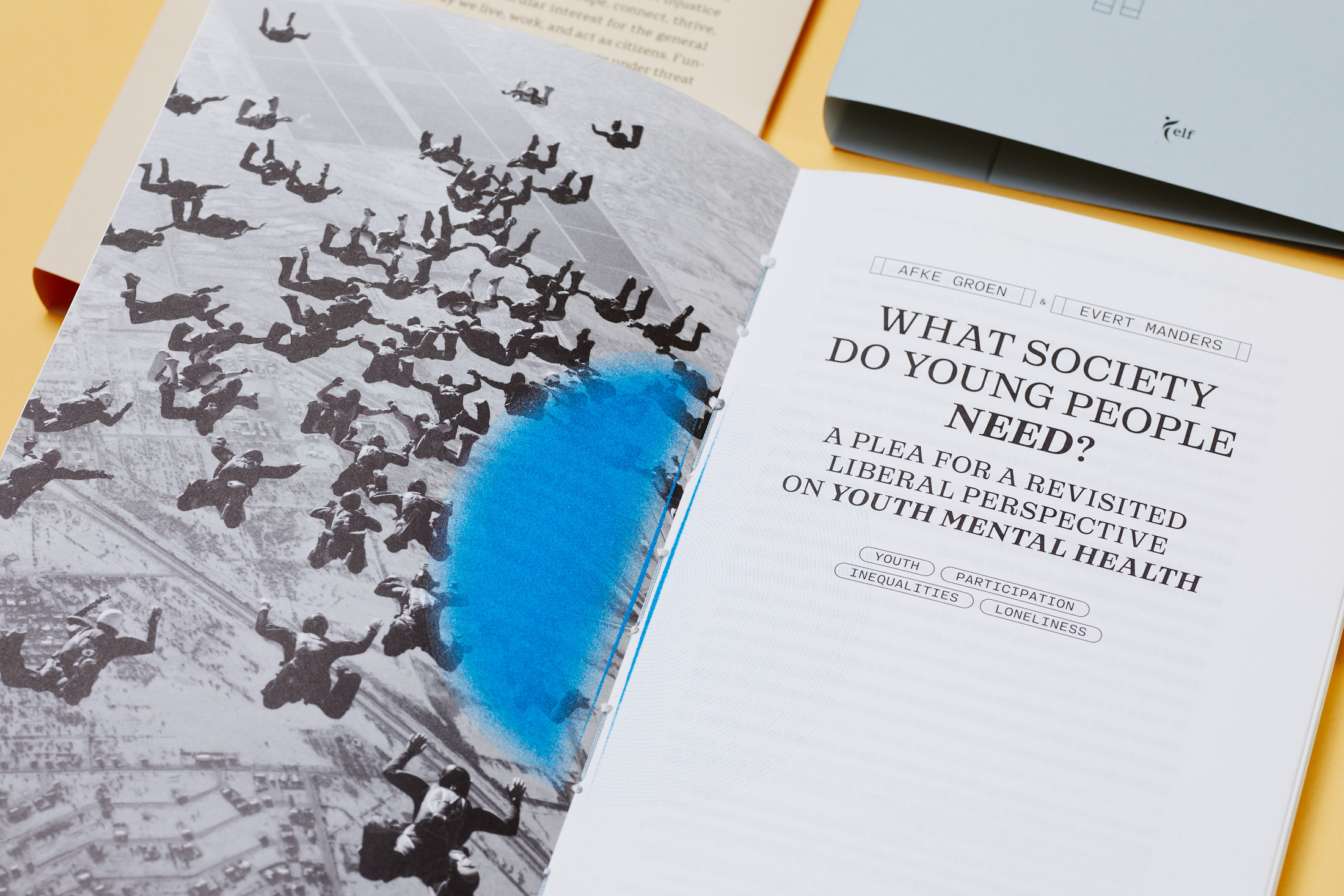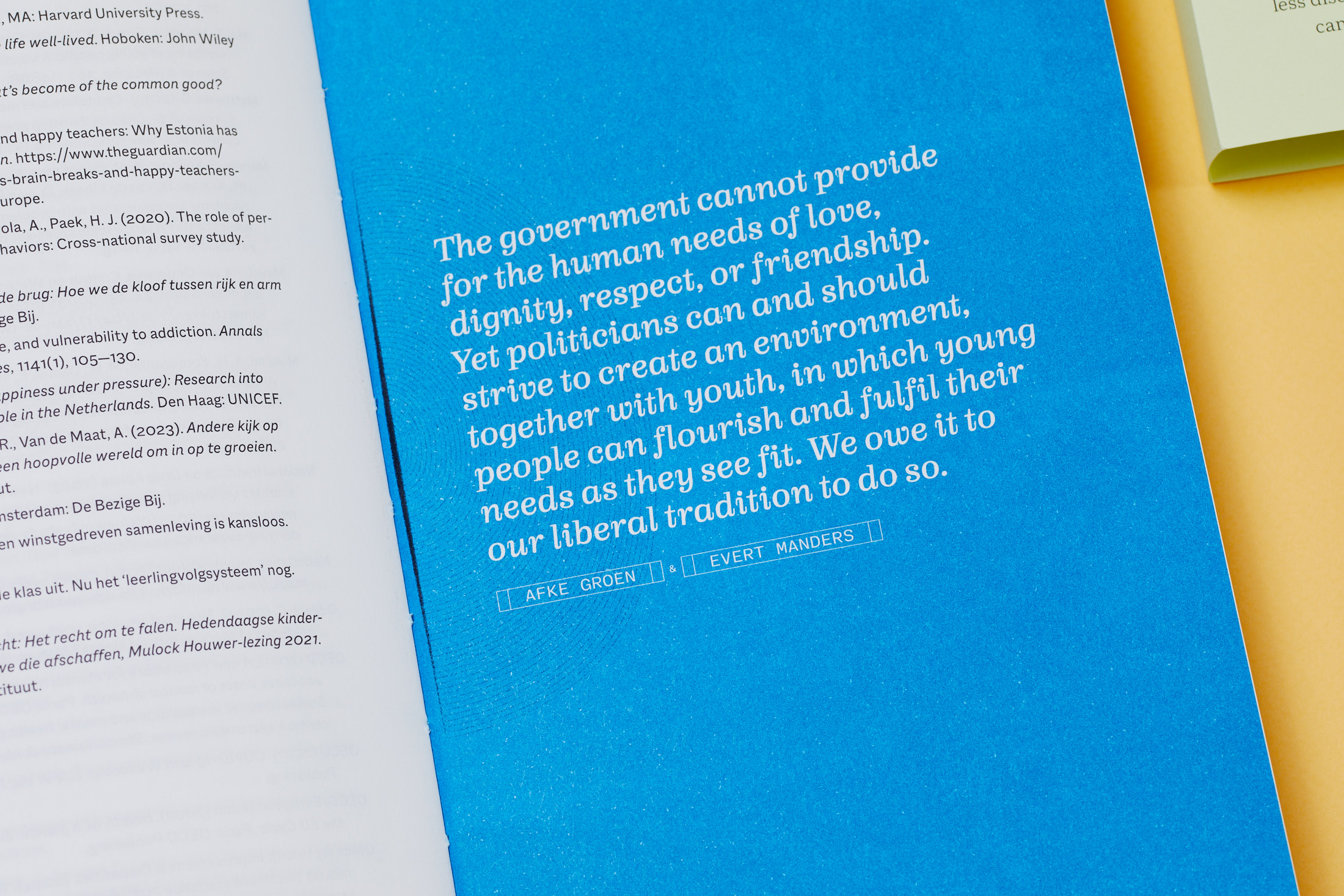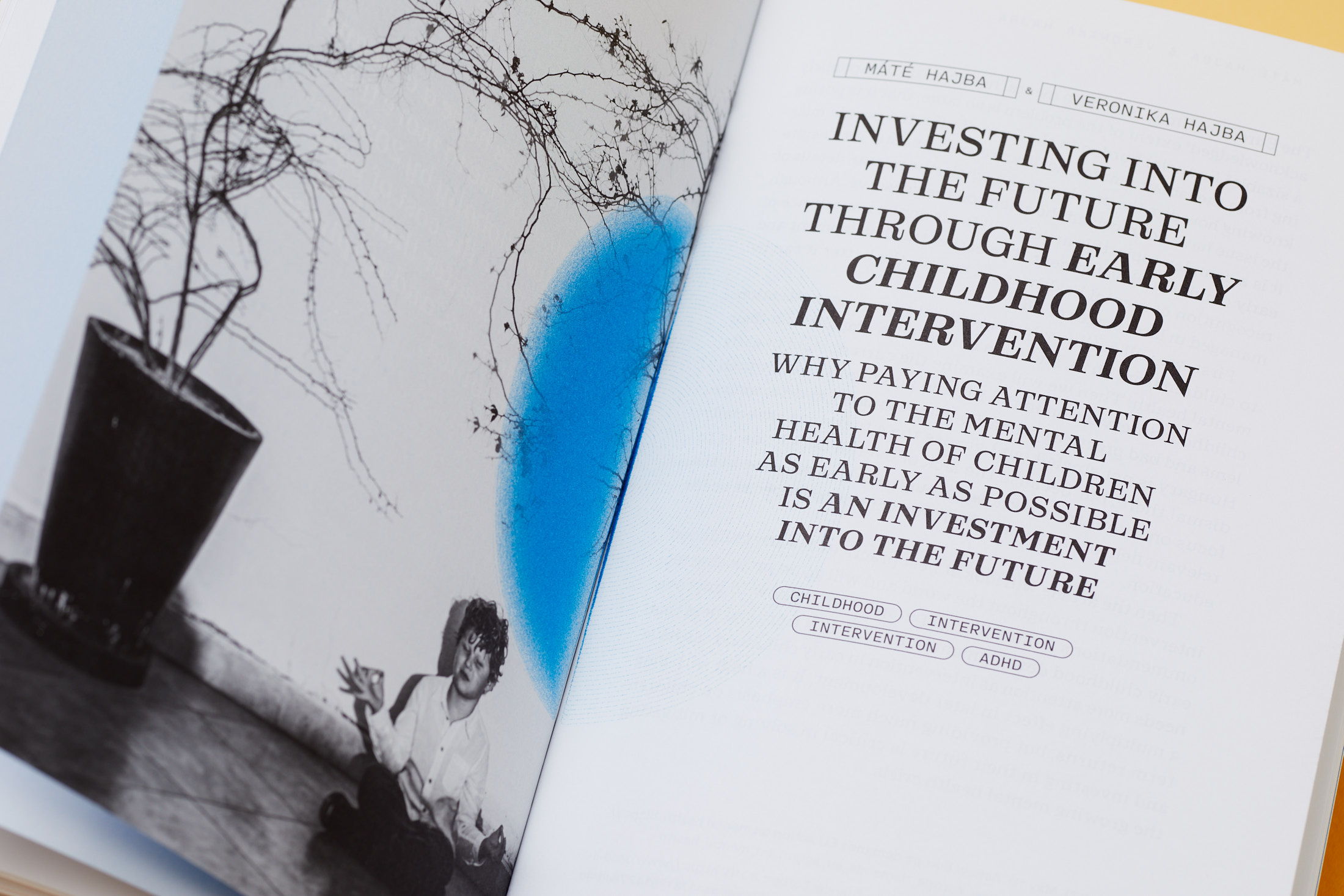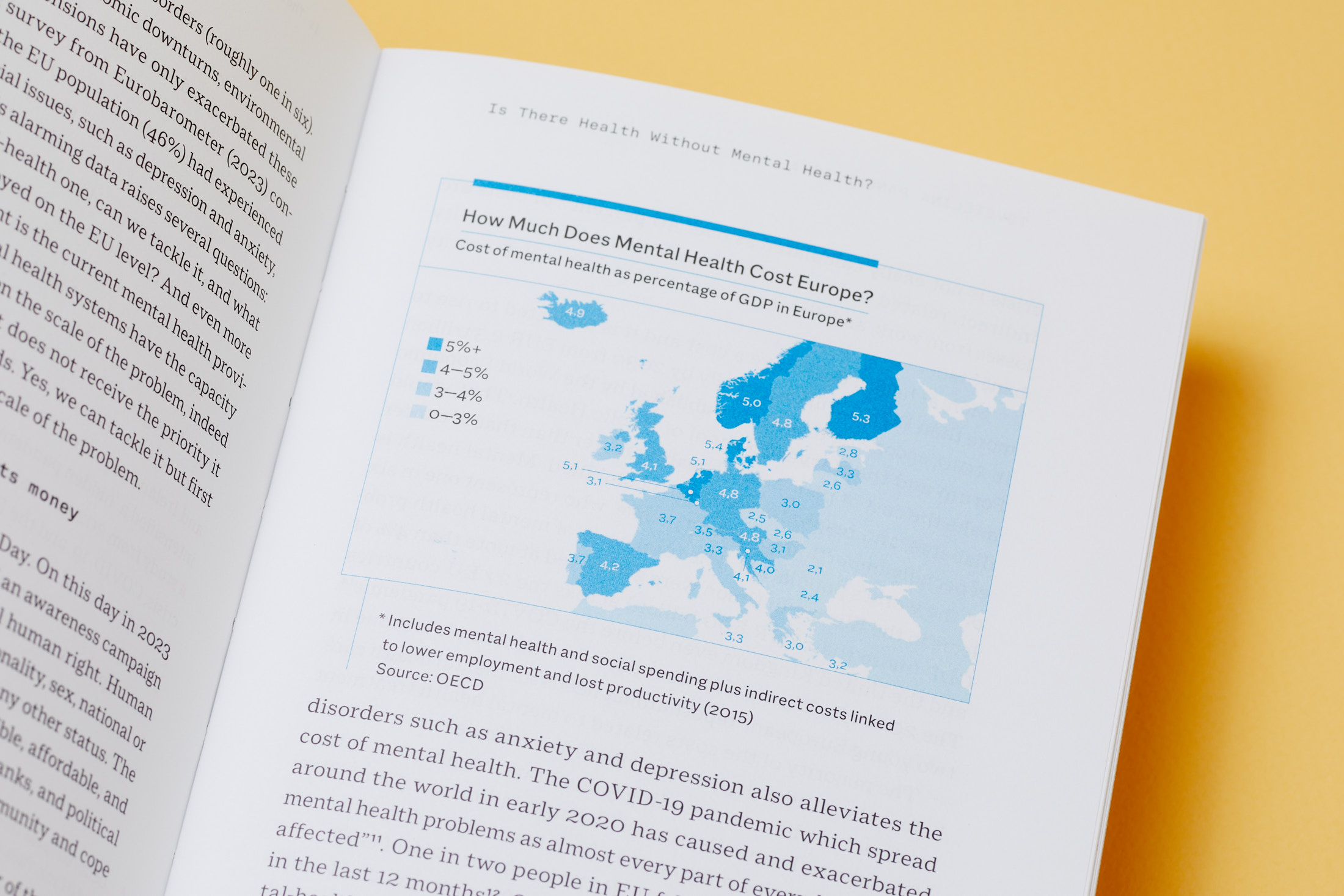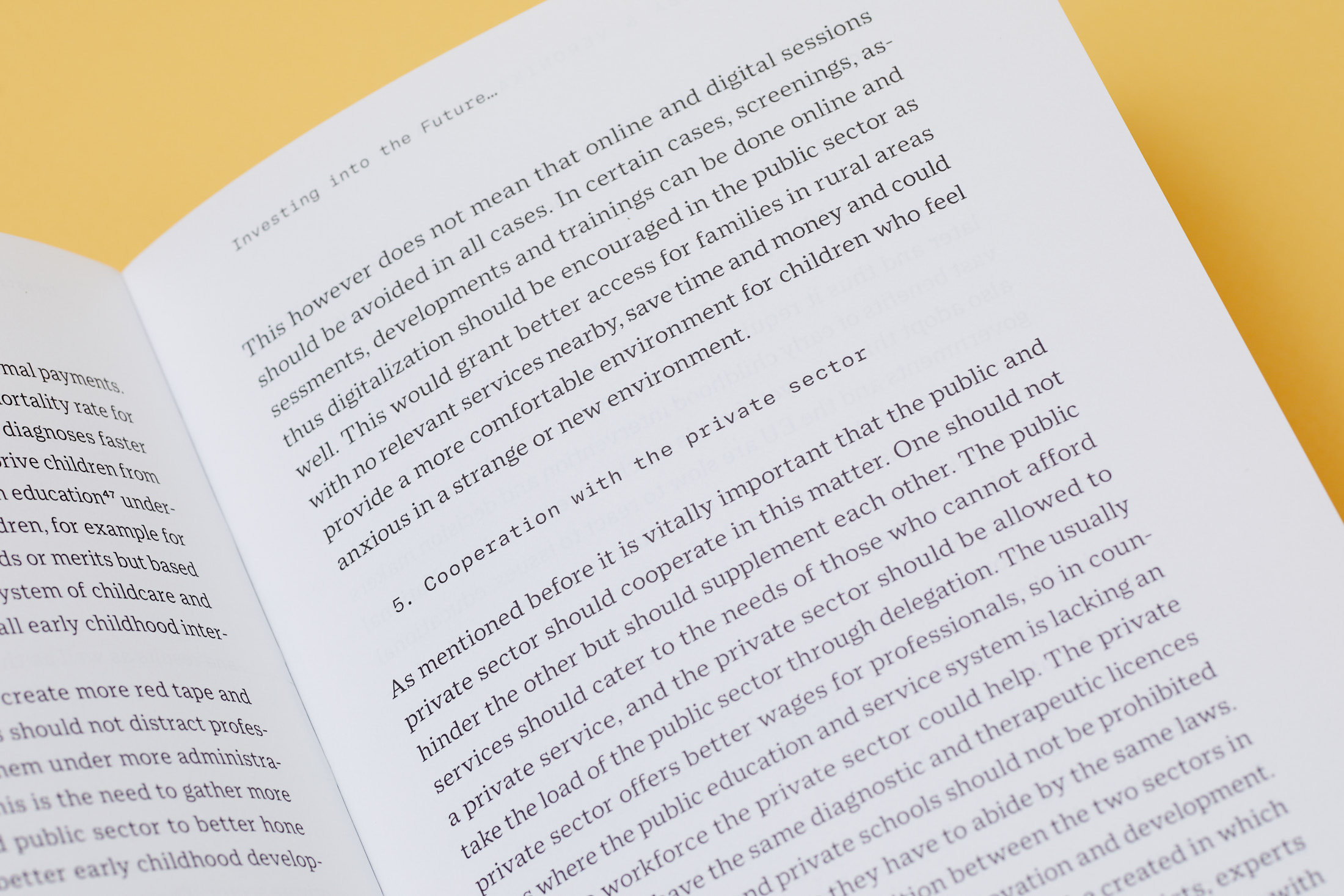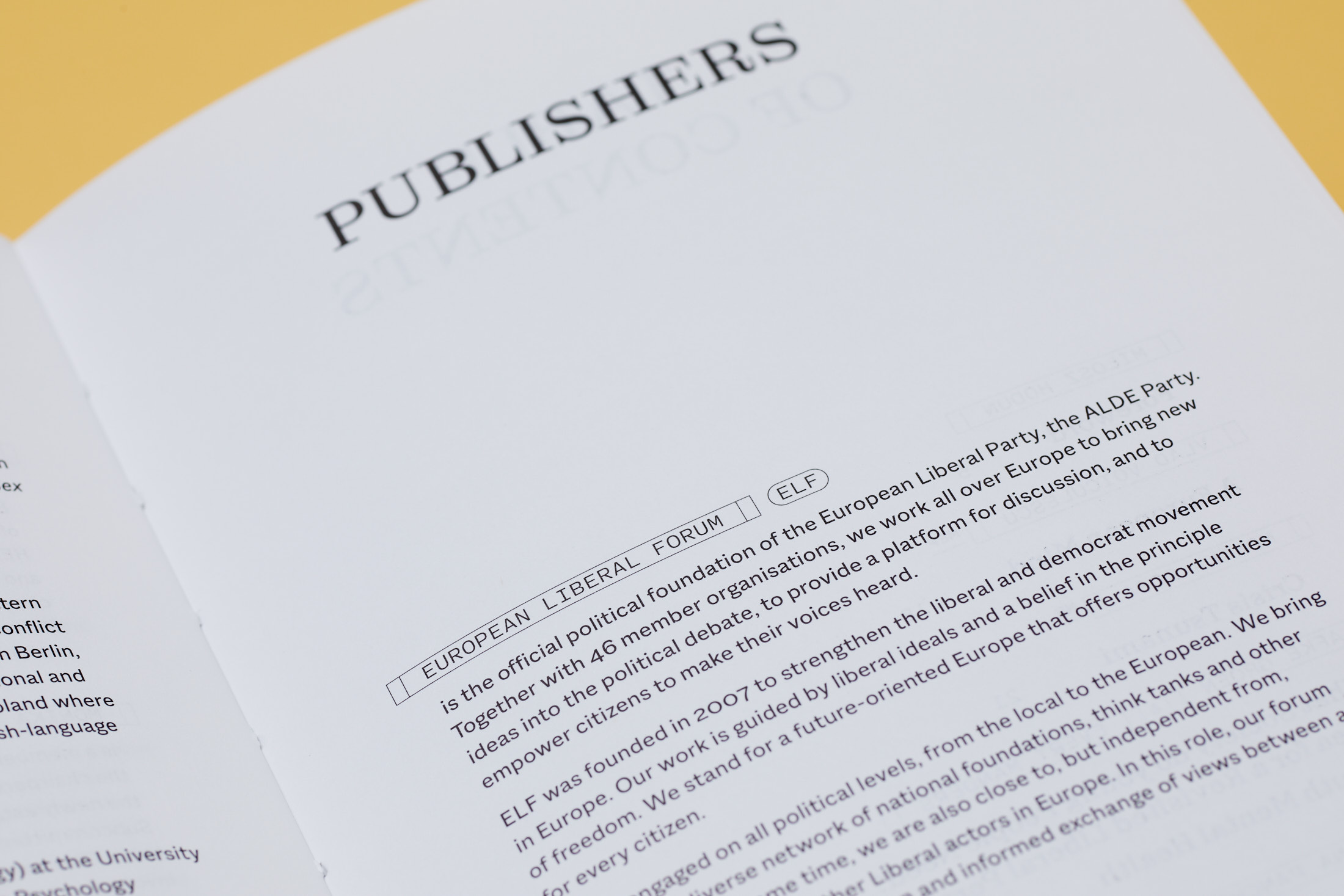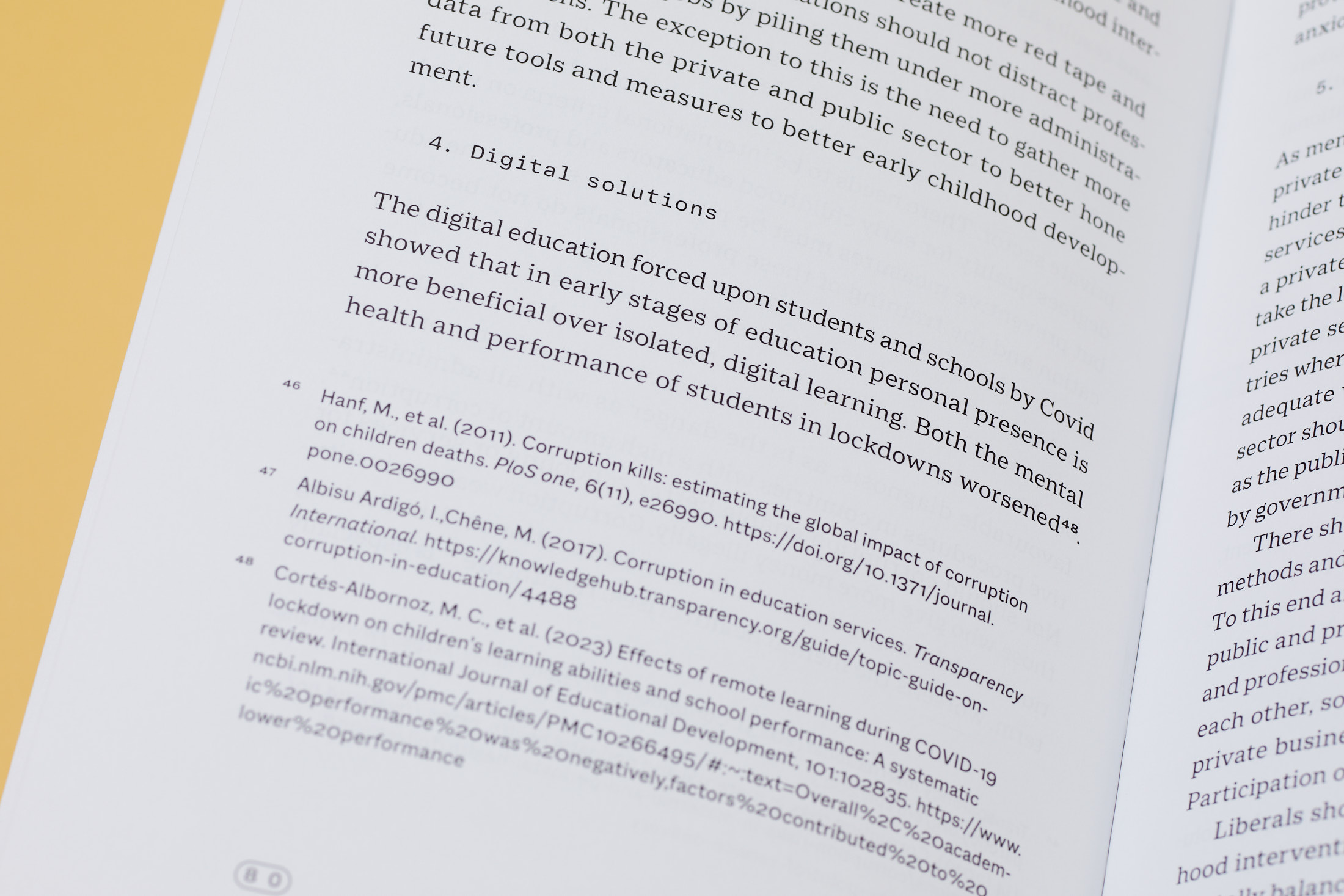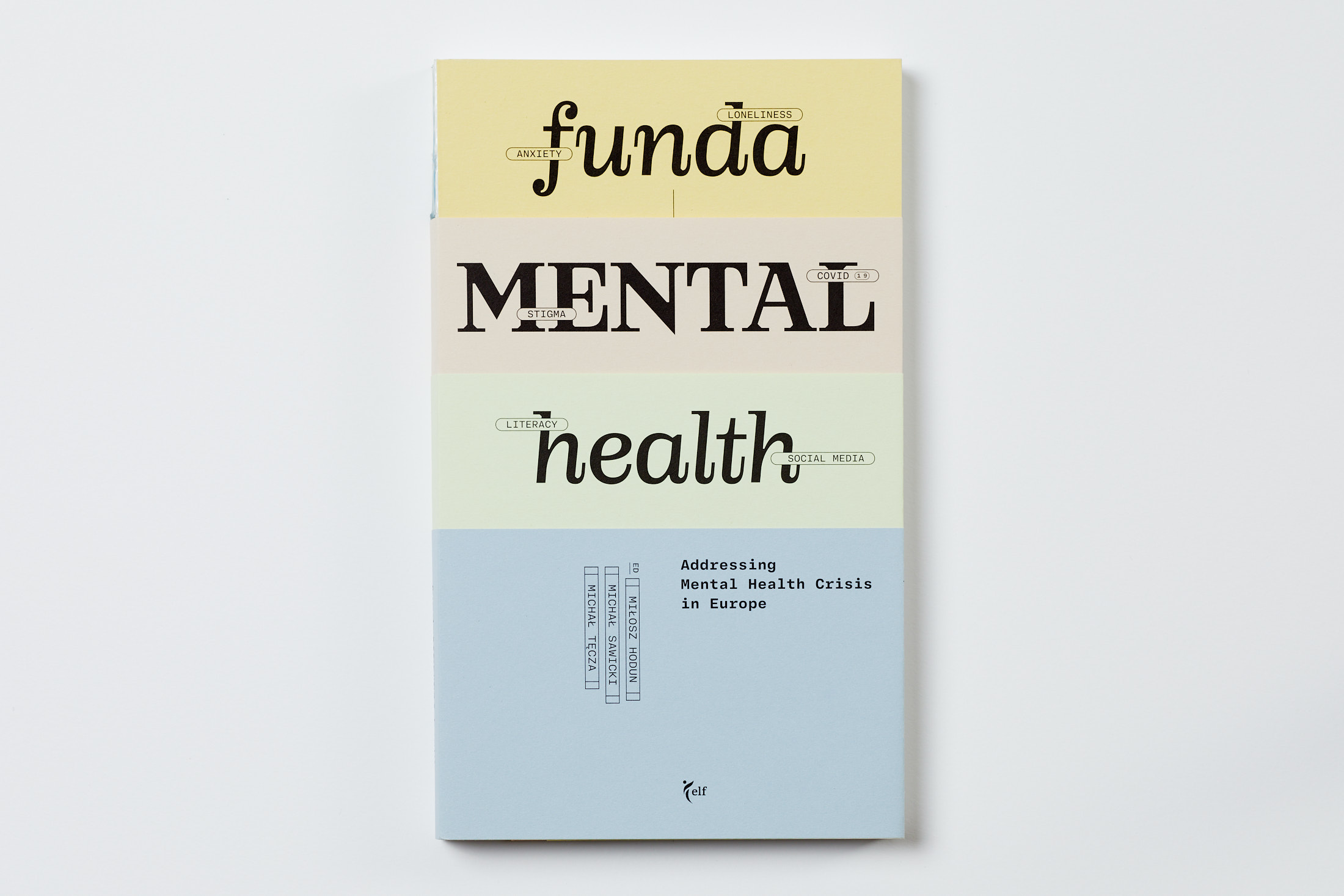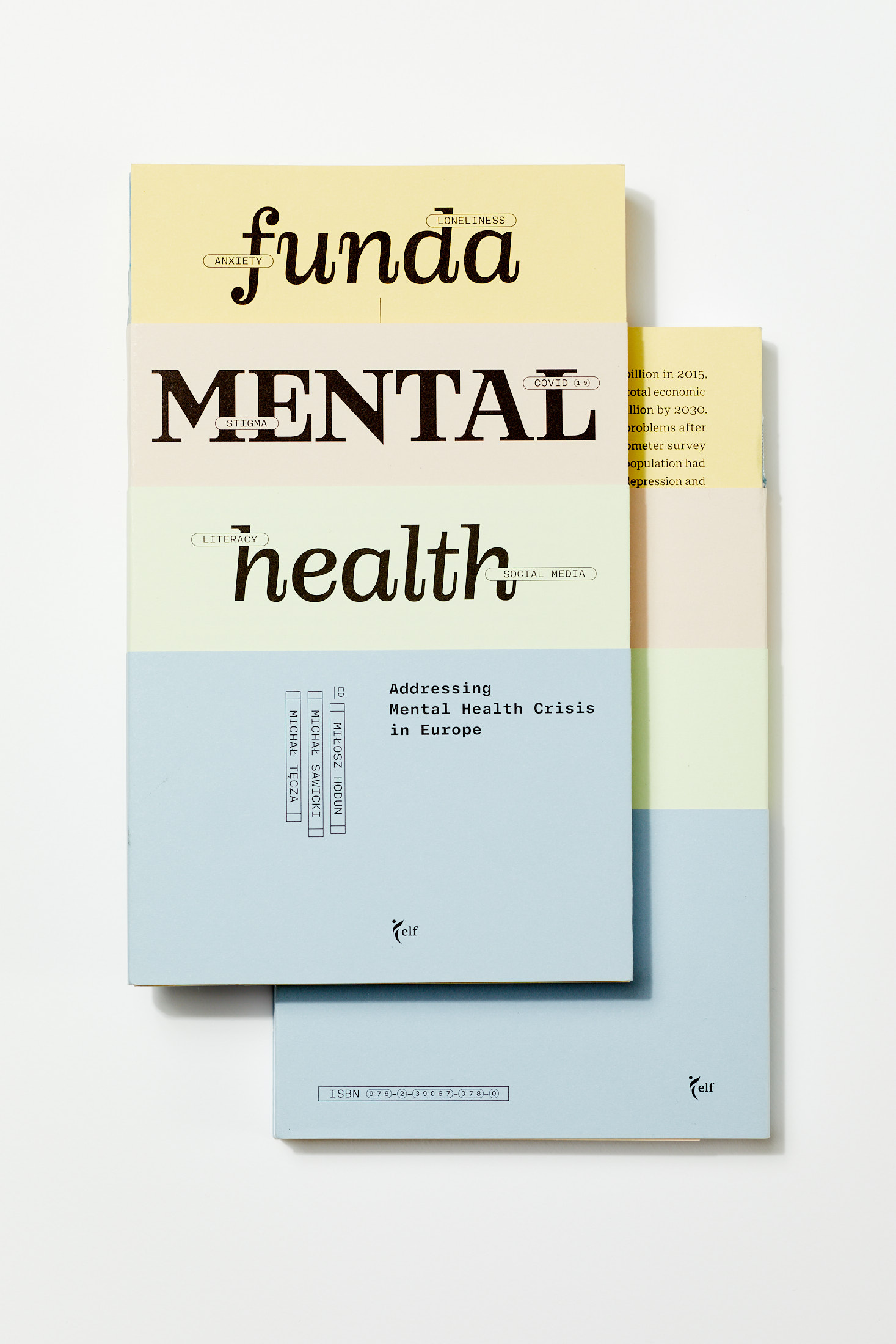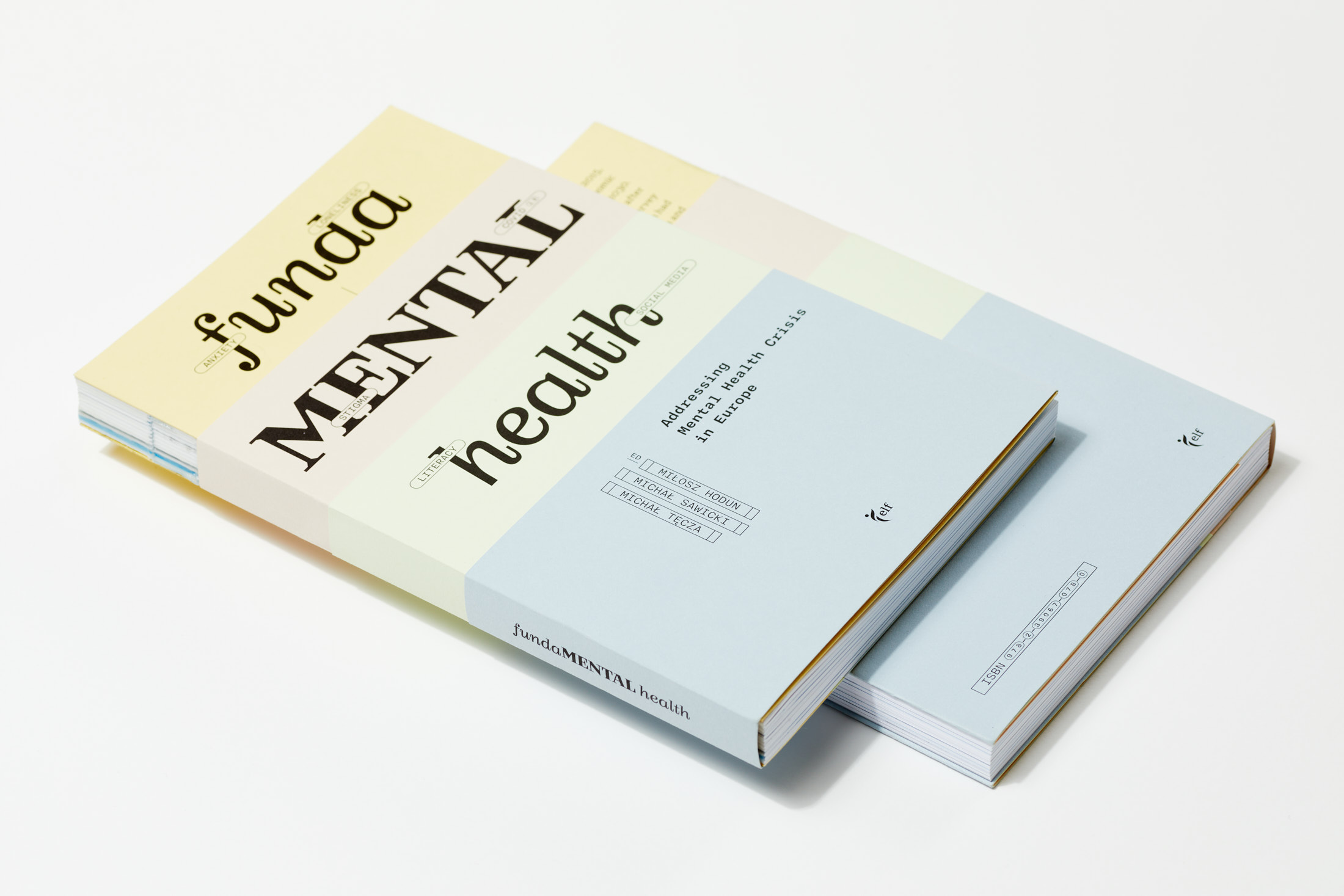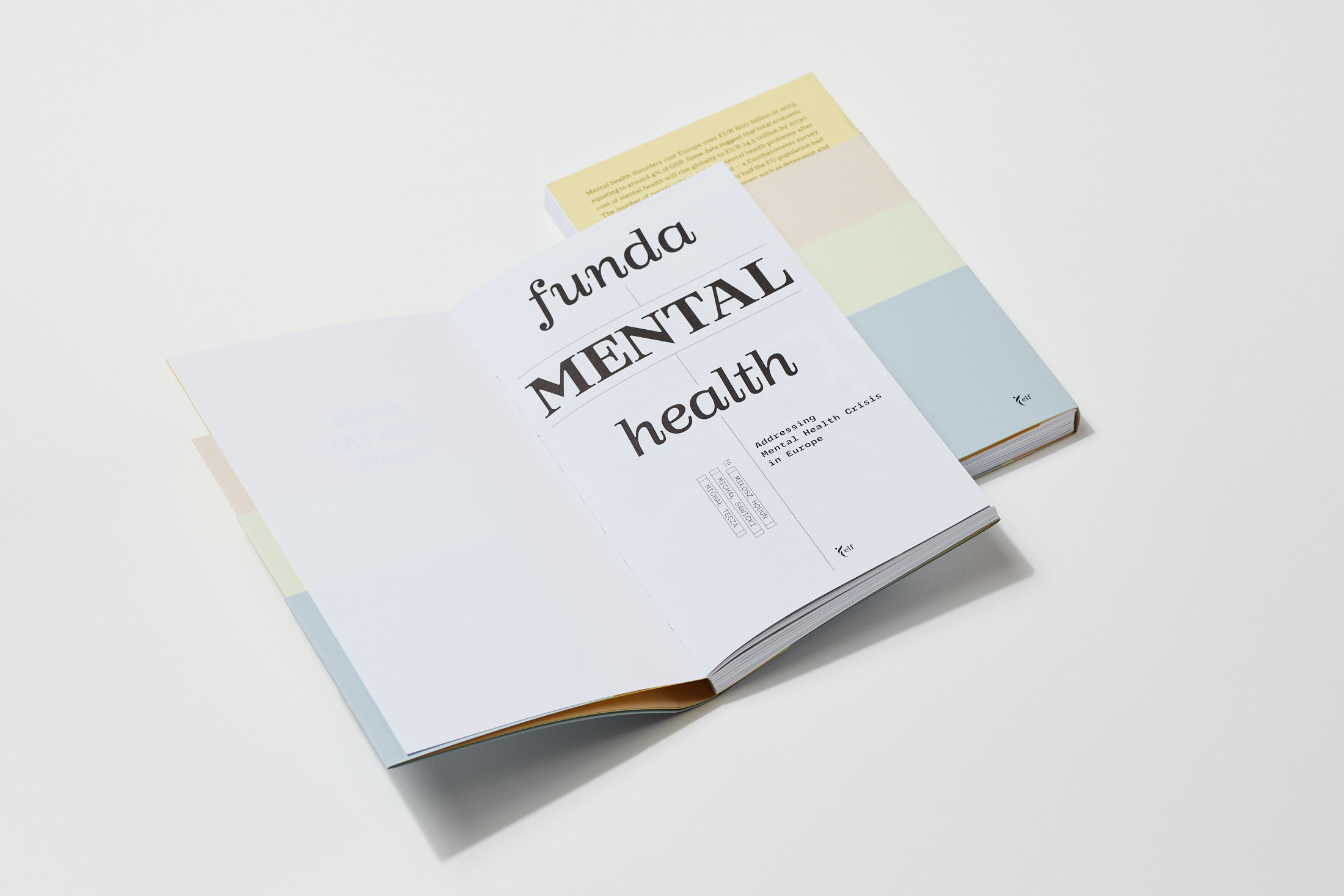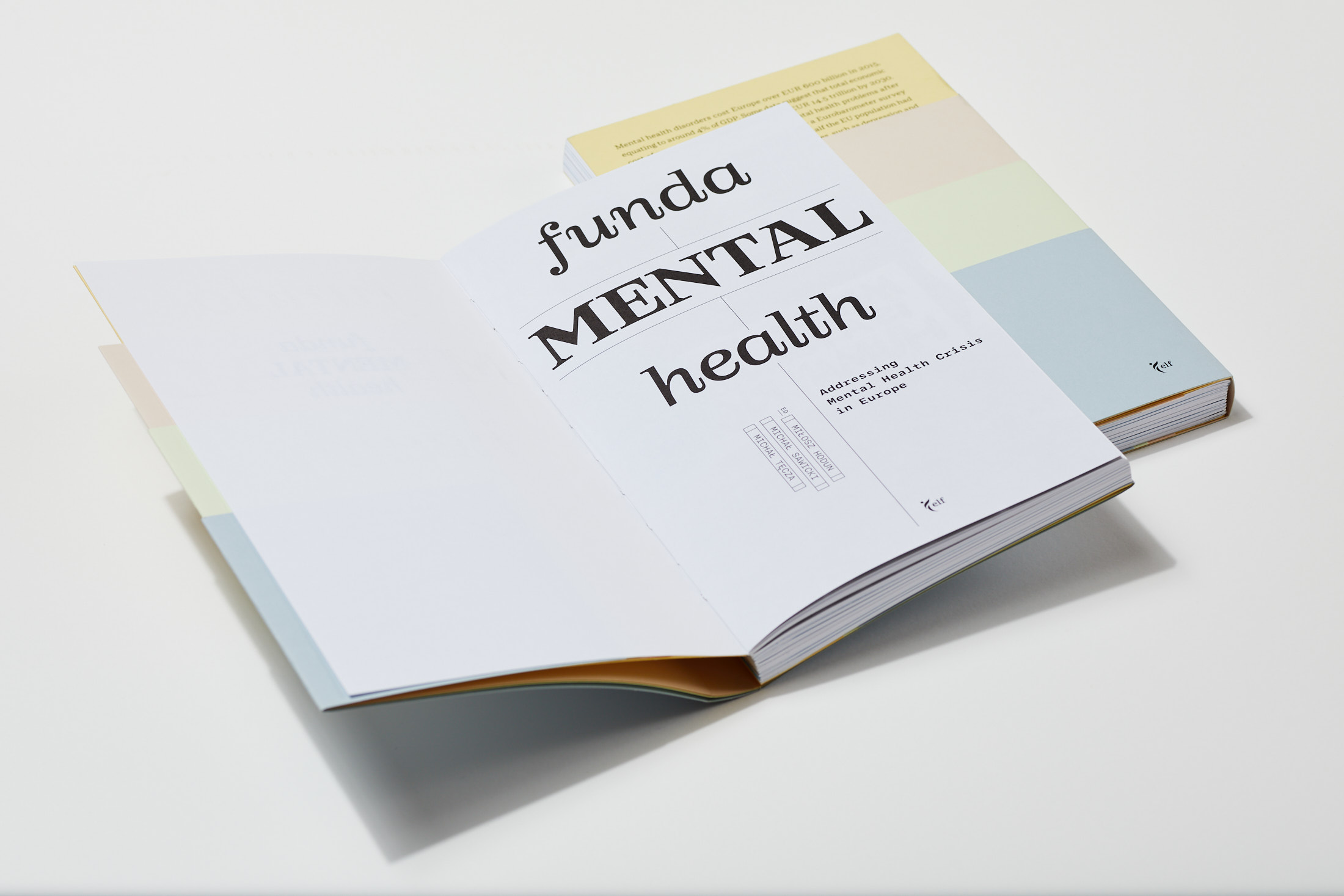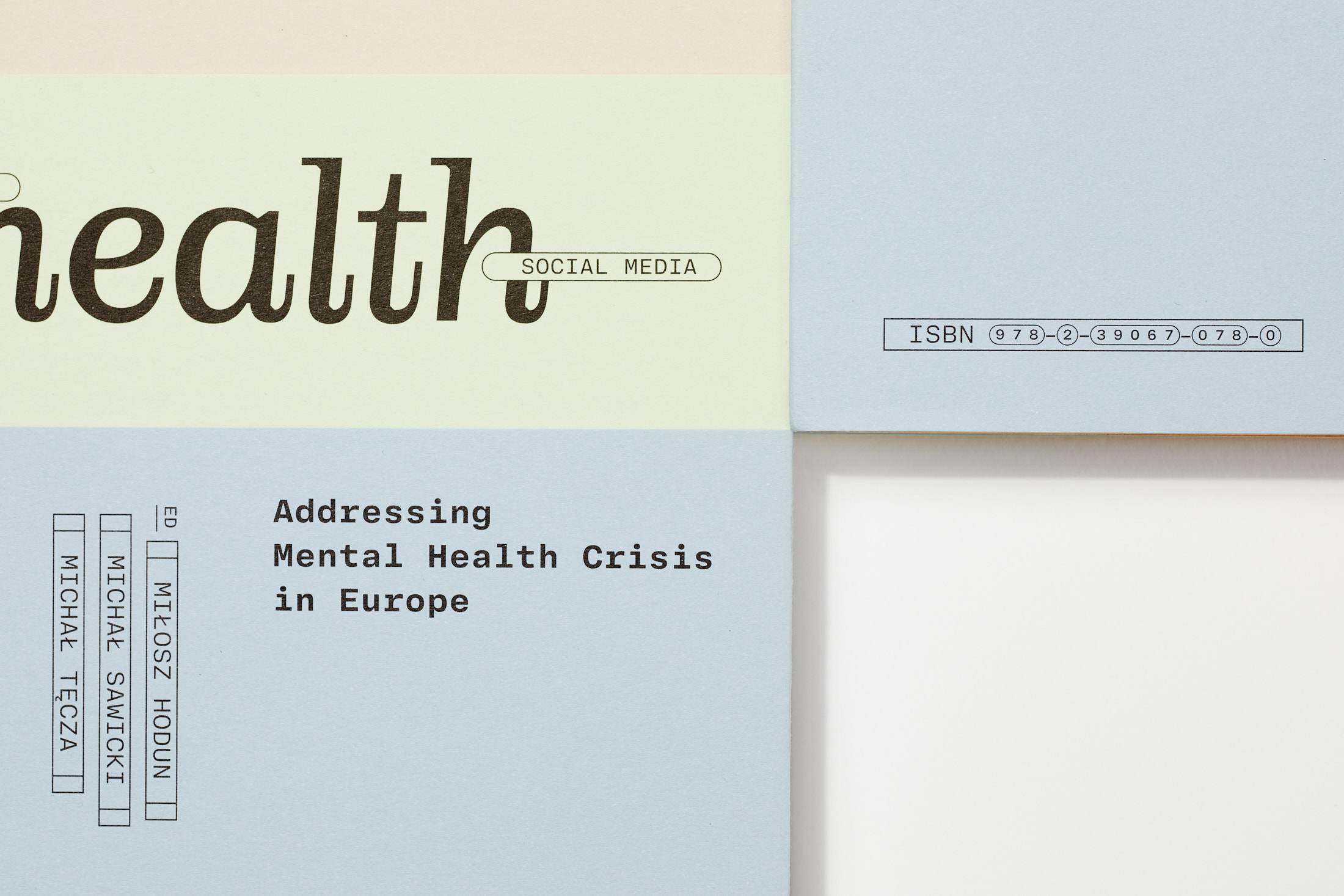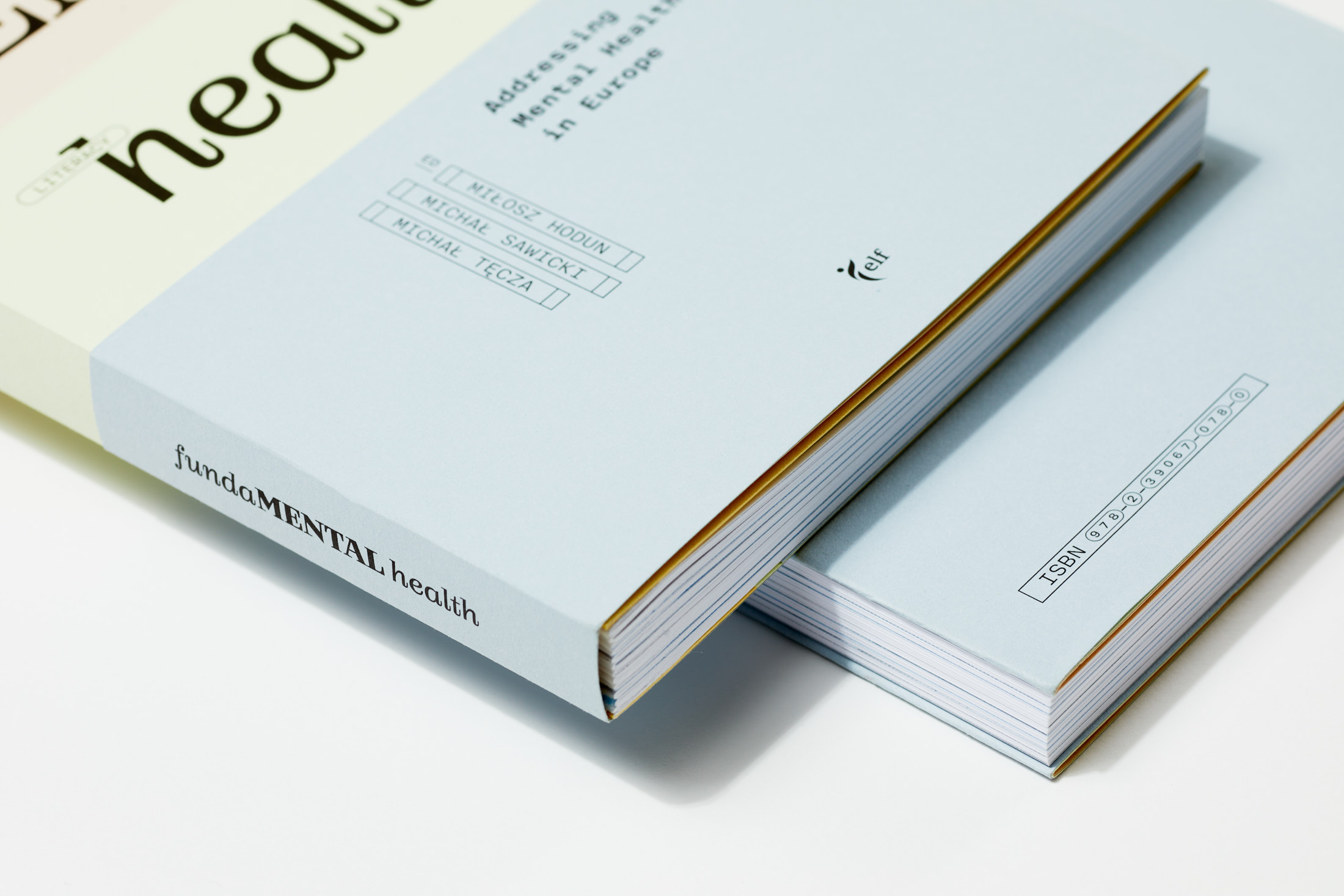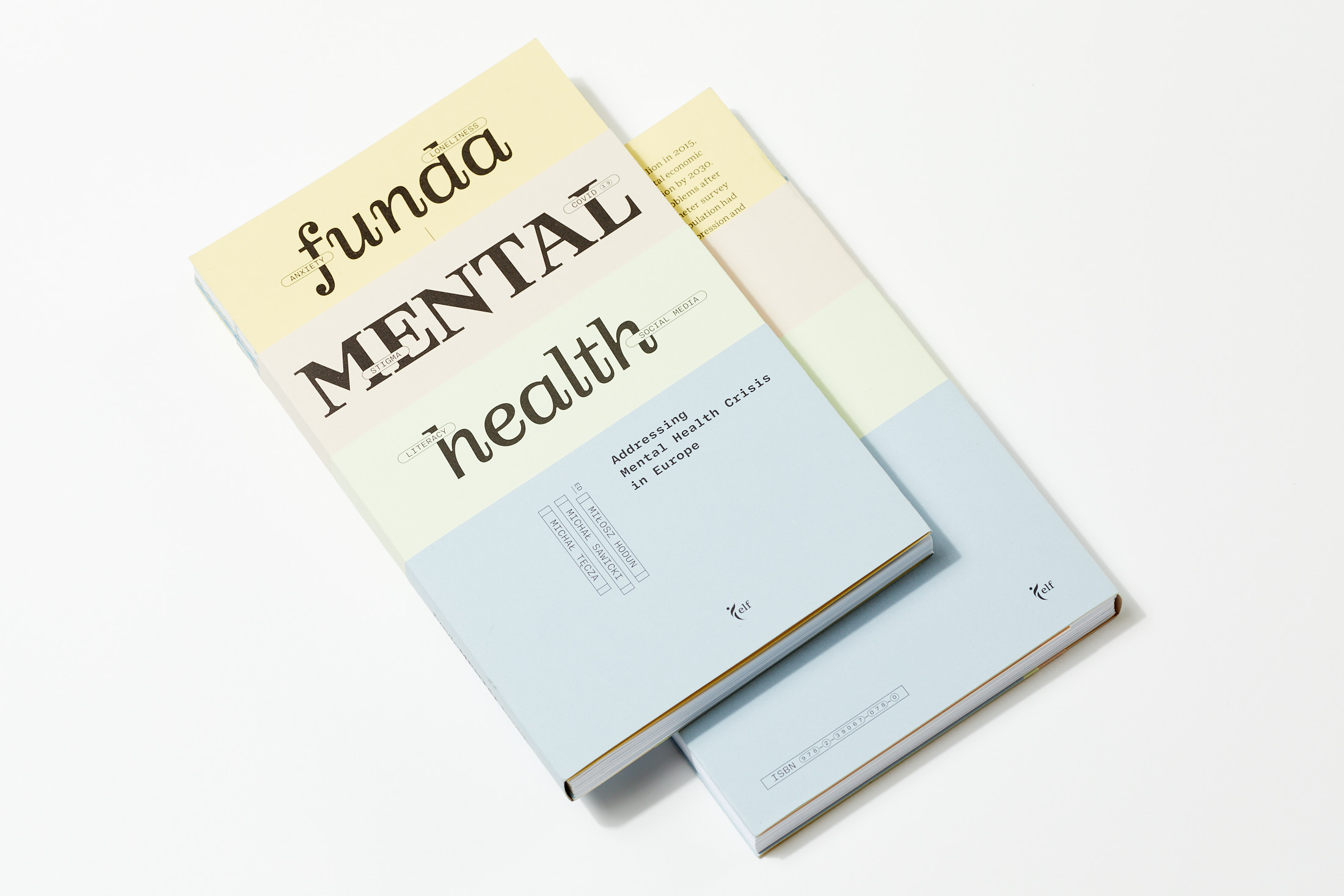[PUBLIKACJE]
MIŁOSZ HODUN, MICHAŁ SAWICKI, MICHAŁ TĘCZA (EDS.)
FUNDAMENTAL HEALTH
[KLIENT]
EUROPEAN LIBERAL FORUM
[ROK]
2024
[ZAKRES PRAC]
PROJEKT GRAFICZNY
SKŁAD I ŁAMANIE
Mental health disorders cost Europe over EUR 600 billion in 2015, equating to around 4% of GDP. Some data suggest that total economic cost of mental health will rise globally to EUR 14.5 trillion by 2030. The number of people acknowledging mental health problems after the pandemic has increased several-fold — a Eurobarometer survey conducted in June 2023 found that nearly half the EU population had experienced emotional or psychosocial issues, such as depression and anxiety, within the past year. And even before the pandemic, Europe was already facing a wave of mental illness. Around 84 million individuals in the EU grappled with mental-health disorders in 2019. Antidepressant consumption has more than doubled between 2000 and 2020. People with mental disorders who also suffer from other treatable diseases (e.g. hypertension, rheumatism) live 10—20 years less than the general population. Furthermore, in 2015 alone, more than 84 000 EU residents died prematurely due to mental illness or suicide.
Europeans will not be healthy unless their mental life is taken seriously and services for its improvement are fully integrated into the whole system of state and society. Mental health cannot be an isolated island, it must be part of the design of the health system, education, urban planning, social security services, housing.
The mental health crisis is a huge challenge that requires not only great resources, but also outstanding ideas, innovation, great governance and cooperation. It is crucial that liberals participate in the process of finding solutions in a way that actively promotes fundamental liberal values such as respect for individual freedom and dignity, the inclusion of the broadest possible groups of citizens in the decision-making process or openness to cooperation with private and social actors. Liberal proposals must be forged in dialogue with academics, think-tank representatives and NGOs. This was also the ambition behind this publication, which has been produced through the involvement of authors with a background in politics and science, authors who are confronted with the impact of the mental health crisis in theory and practice, and who recognise the challenges at micro and macro levels.
Mental health disorders cost Europe over EUR 600 billion in 2015, equating to around 4% of GDP. Some data suggest that total economic cost of mental health will rise globally to EUR 14.5 trillion by 2030. The number of people acknowledging mental health problems after the pandemic has increased several-fold — a Eurobarometer survey conducted in June 2023 found that nearly half the EU population had experienced emotional or psychosocial issues, such as depression and anxiety, within the past year. And even before the pandemic, Europe was already facing a wave of mental illness. Around 84 million individuals in the EU grappled with mental-health disorders in 2019. Antidepressant consumption has more than doubled between 2000 and 2020. People with mental disorders who also suffer from other treatable diseases (e.g. hypertension, rheumatism) live 10—20 years less than the general population. Furthermore, in 2015 alone, more than 84 000 EU residents died prematurely due to mental illness or suicide.
Europeans will not be healthy unless their mental life is taken seriously and services for its improvement are fully integrated into the whole system of state and society. Mental health cannot be an isolated island, it must be part of the design of the health system, education, urban planning, social security services, housing.
The mental health crisis is a huge challenge that requires not only great resources, but also outstanding ideas, innovation, great governance and cooperation. It is crucial that liberals participate in the process of finding solutions in a way that actively promotes fundamental liberal values such as respect for individual freedom and dignity, the inclusion of the broadest possible groups of citizens in the decision-making process or openness to cooperation with private and social actors. Liberal proposals must be forged in dialogue with academics, think-tank representatives and NGOs. This was also the ambition behind this publication, which has been produced through the involvement of authors with a background in politics and science, authors who are confronted with the impact of the mental health crisis in theory and practice, and who recognise the challenges at micro and macro levels.
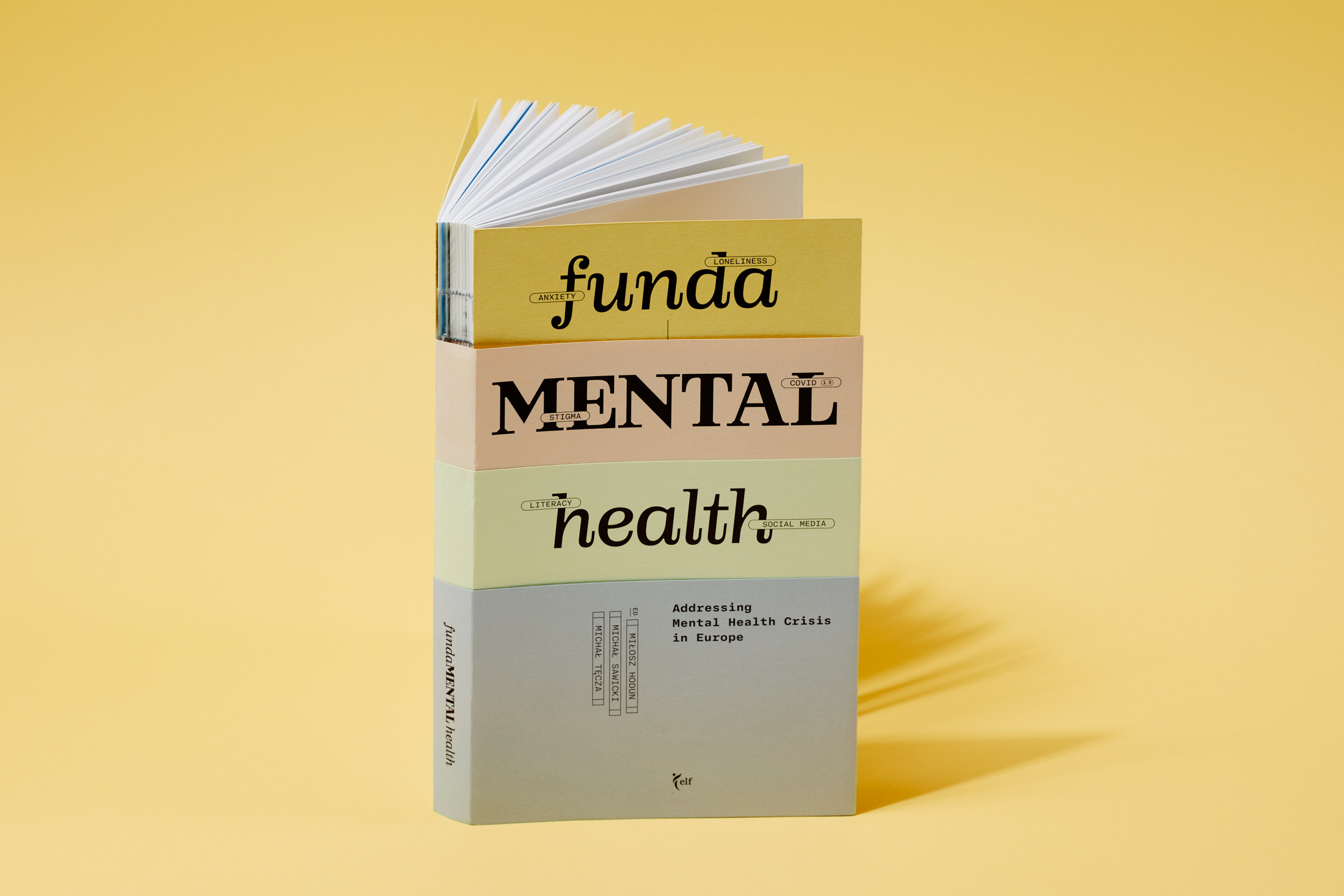
[FOTOGRAFIE]
BASIA BUDNIAK
[NA SKRÓTY]
[ONLINE]
[C] COPYRIGHT BY [tmh] MMXXV
[E] TESSERA@TESSERA.ORG.PL
[M] +48 606 397 976
